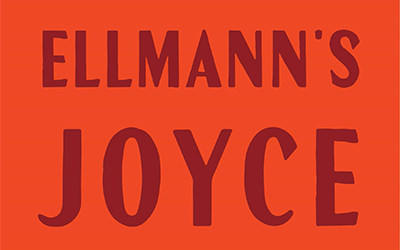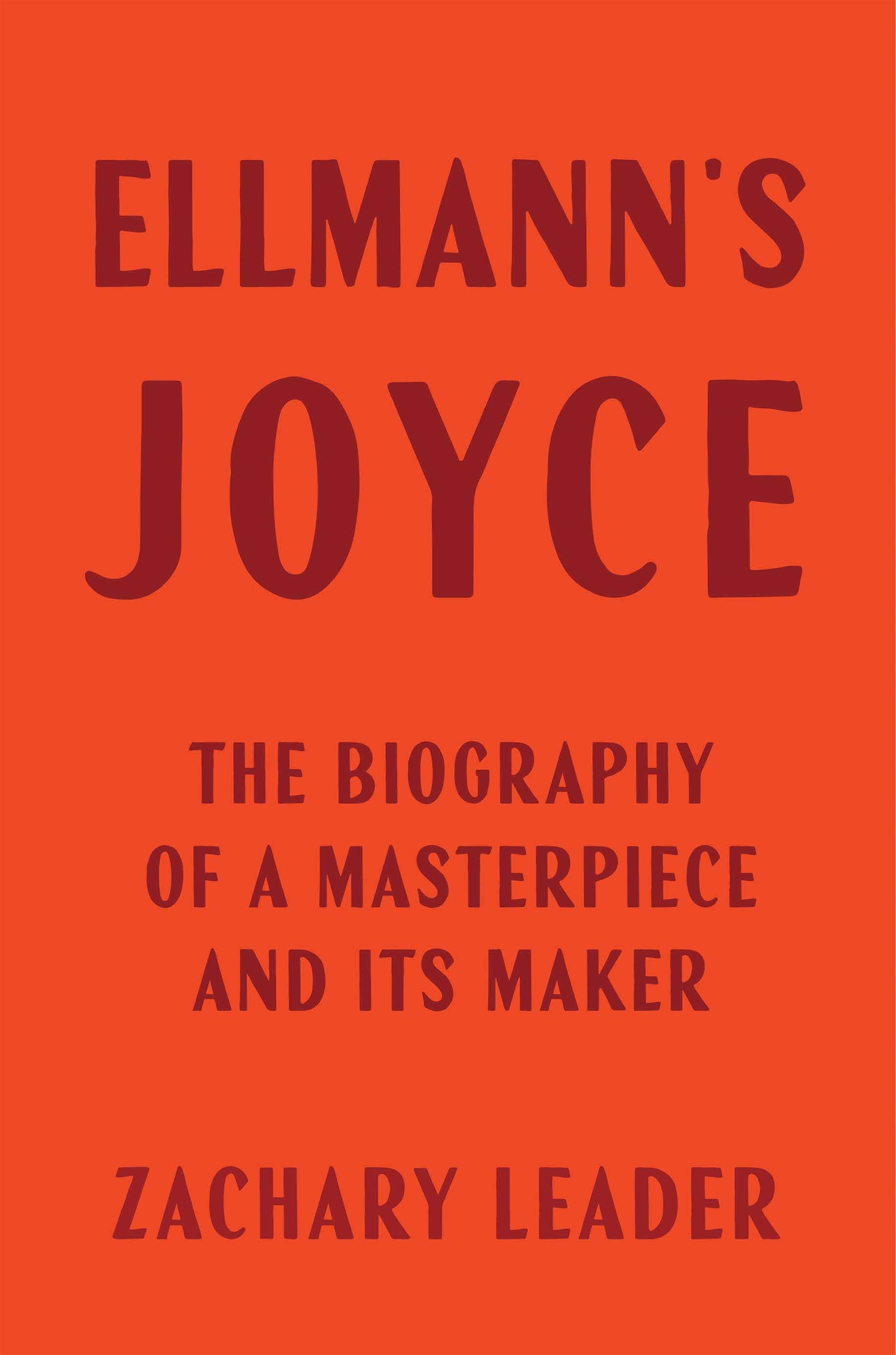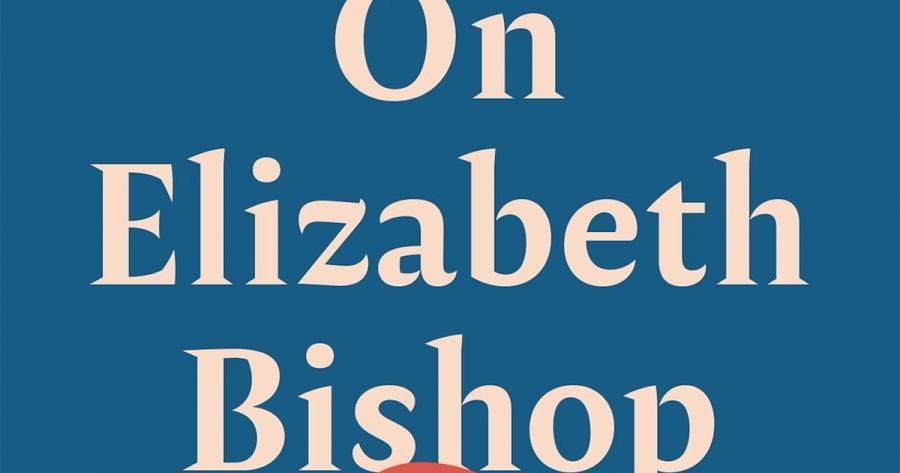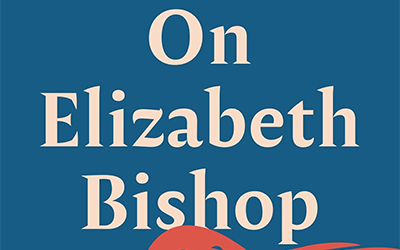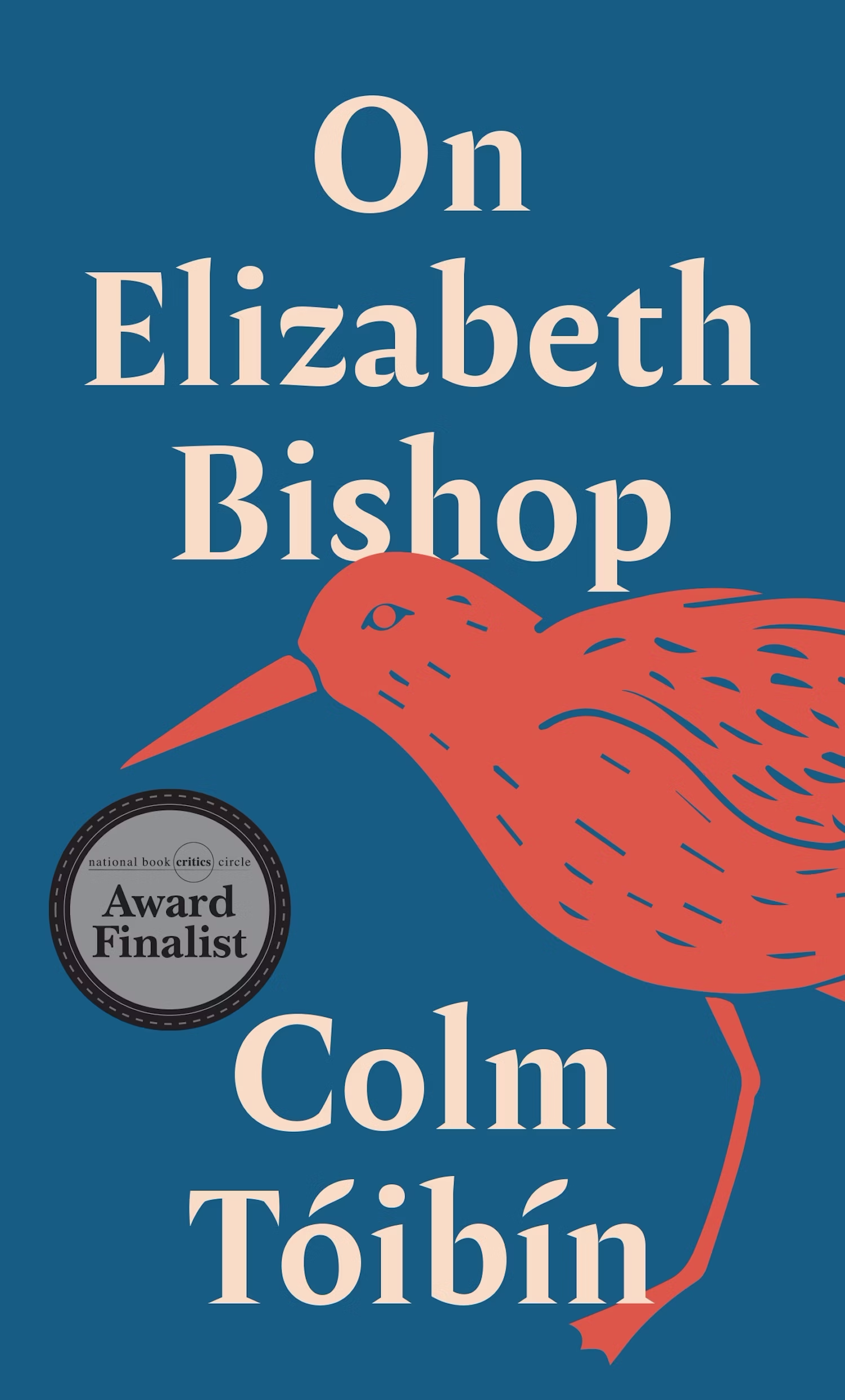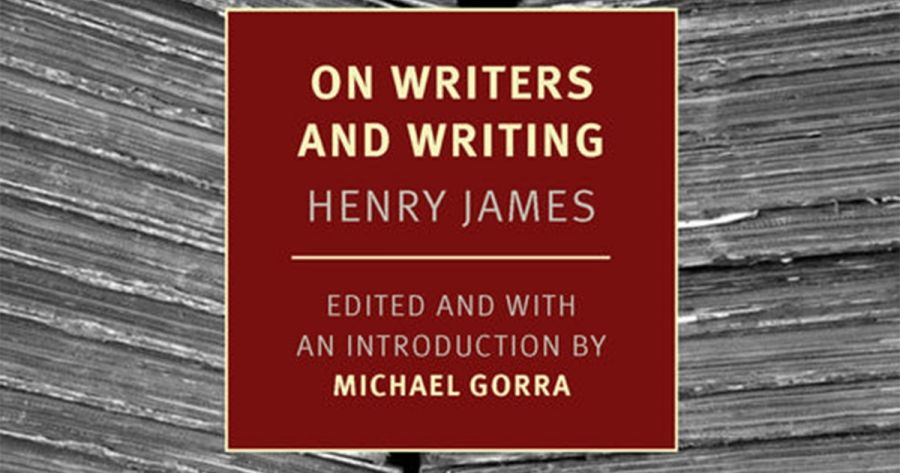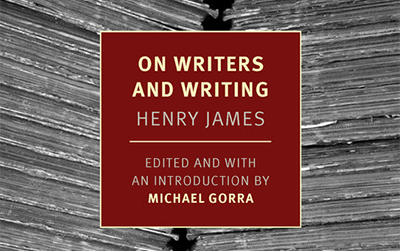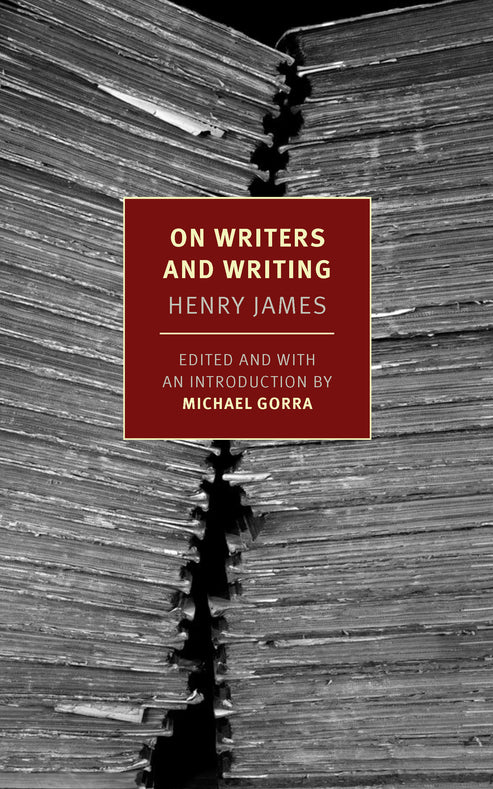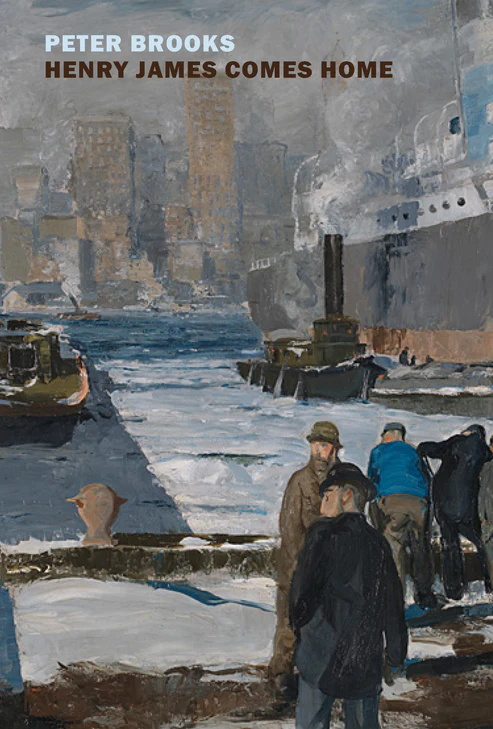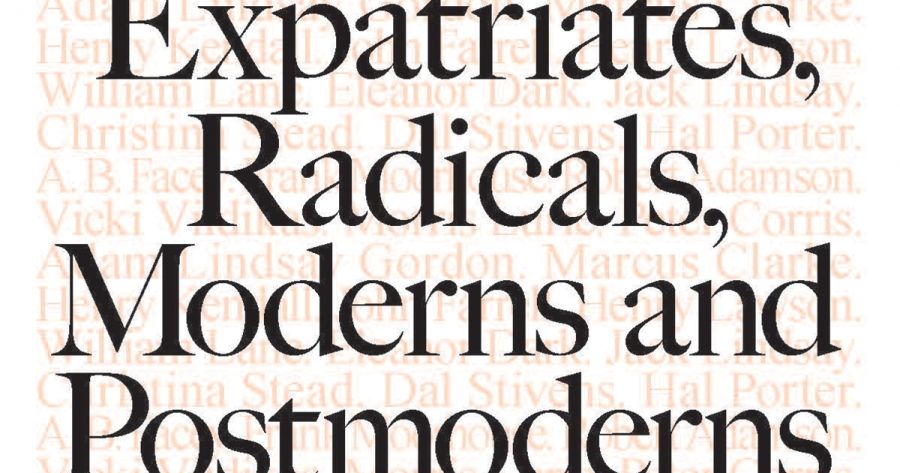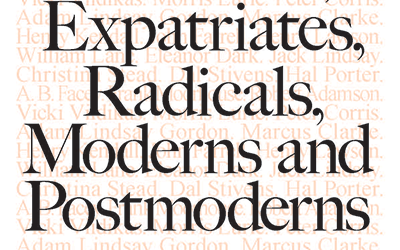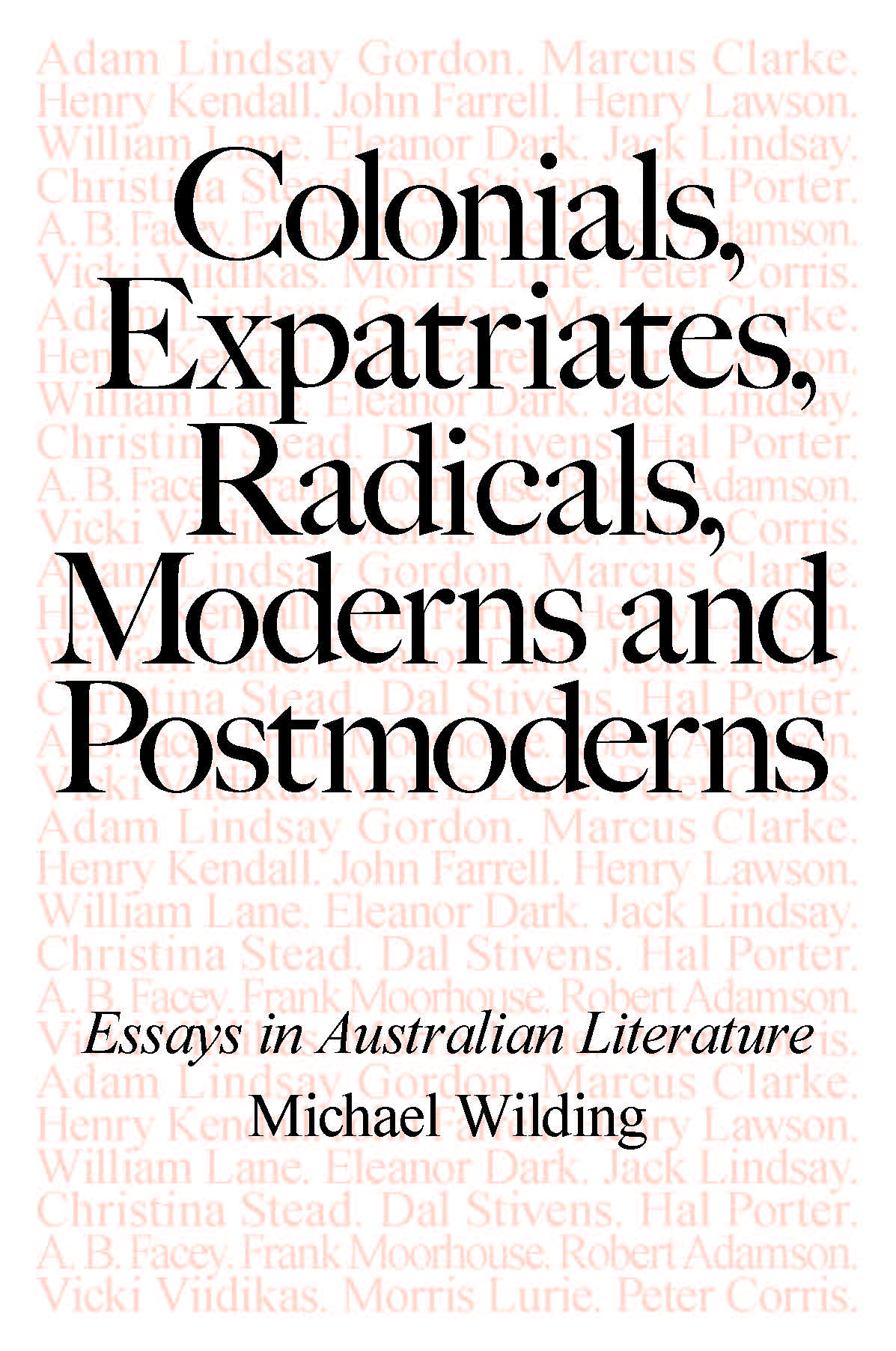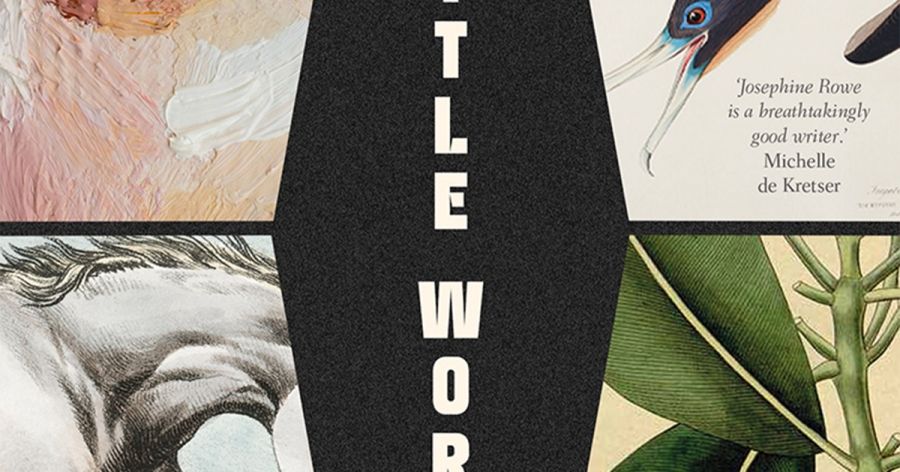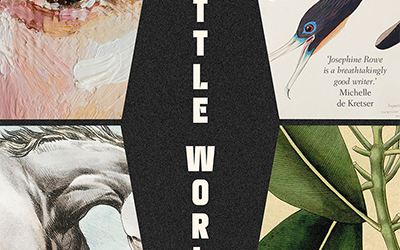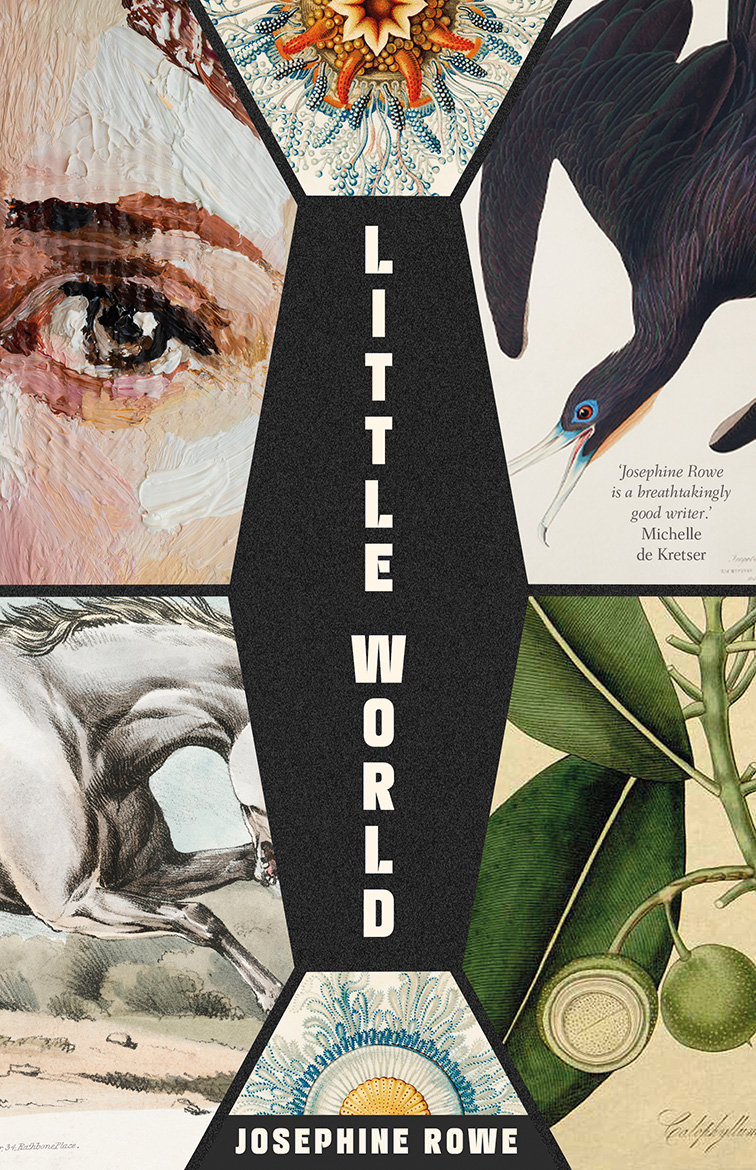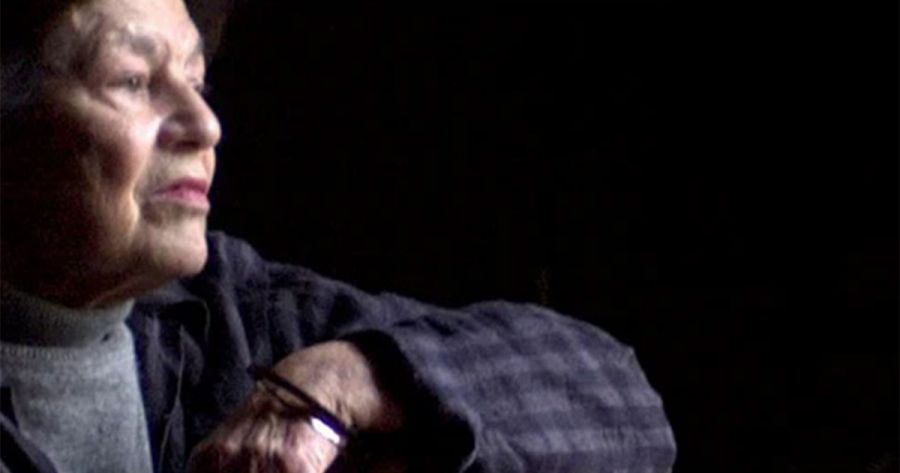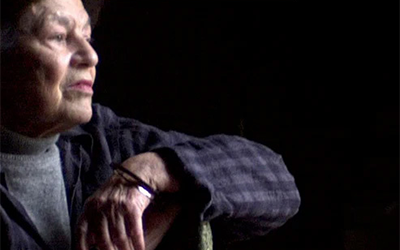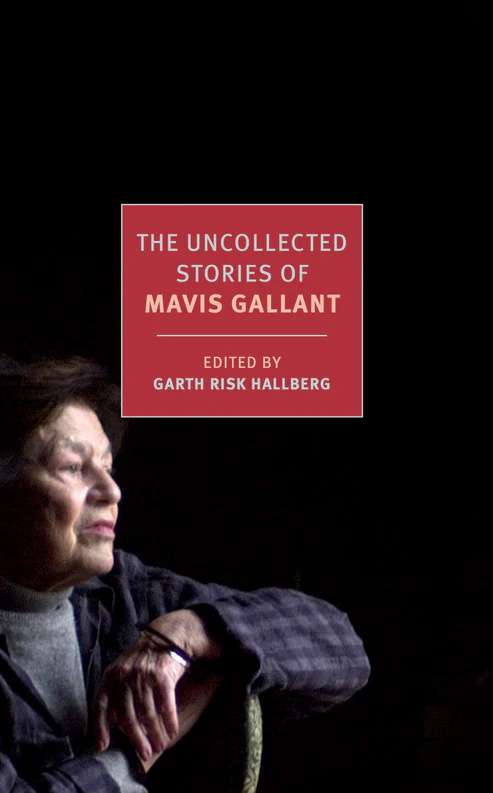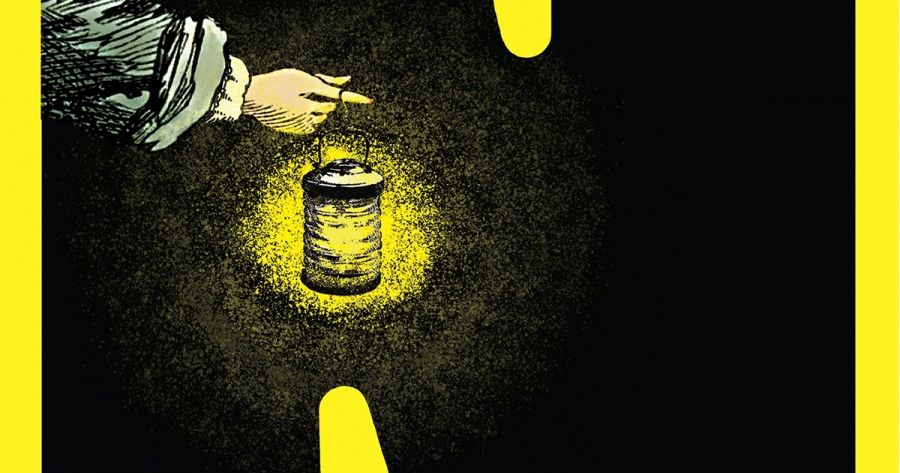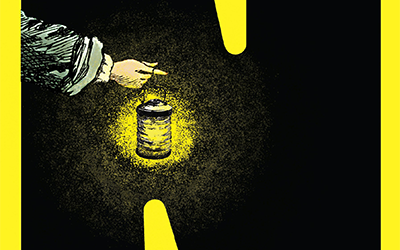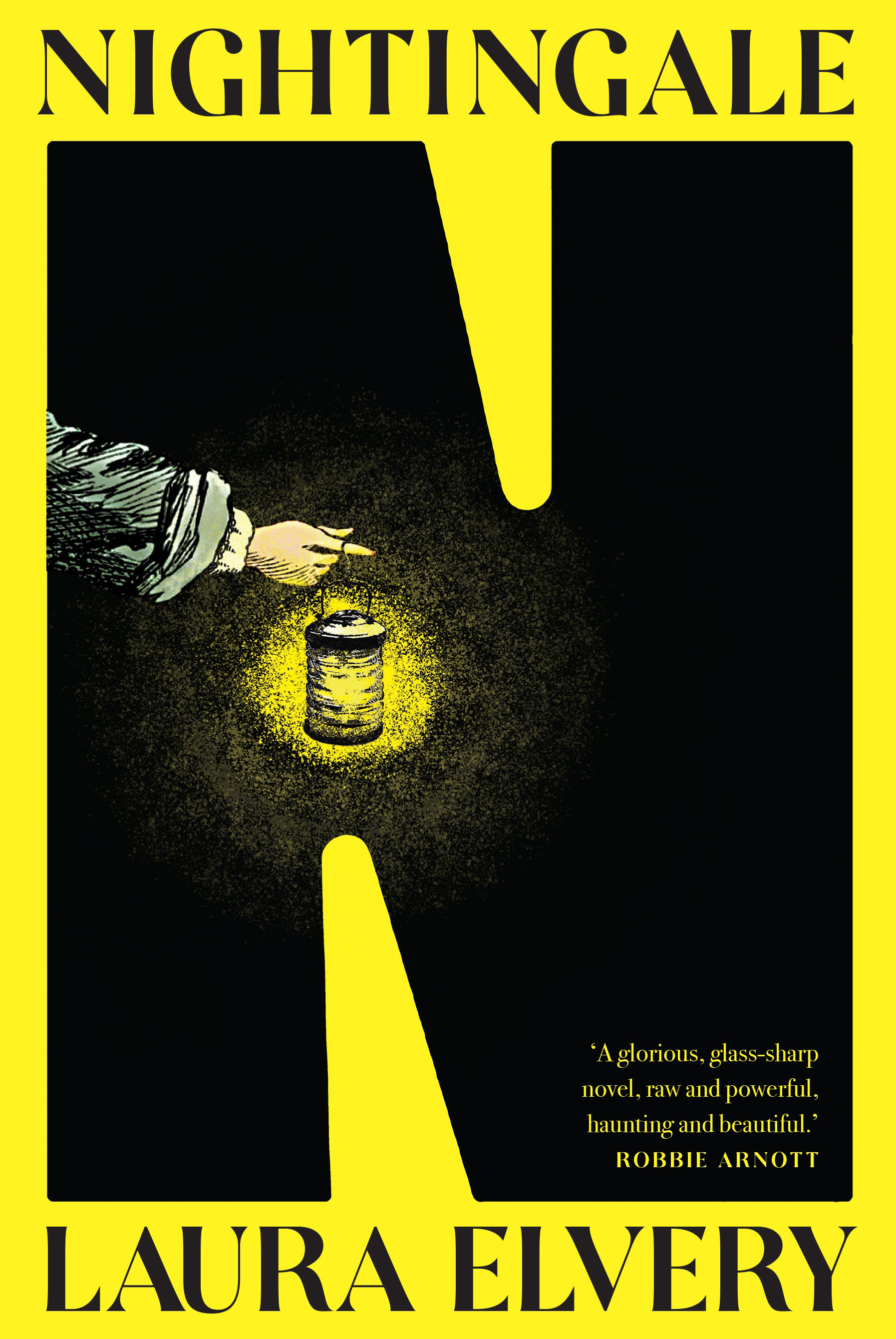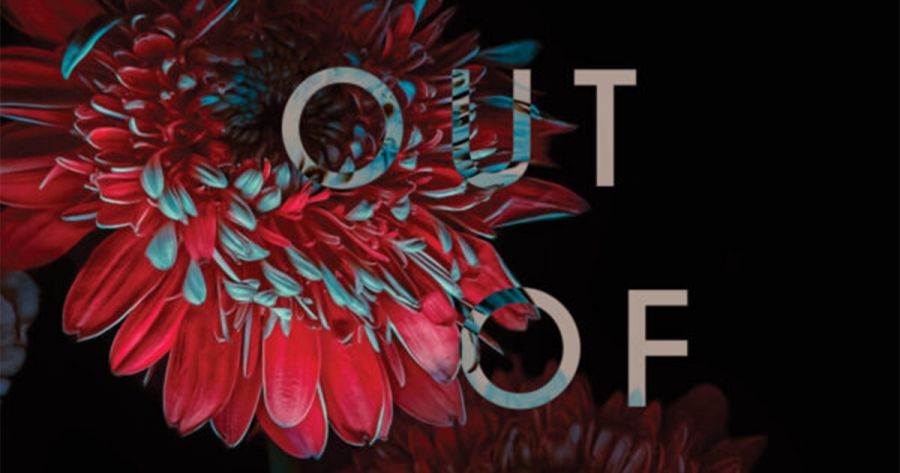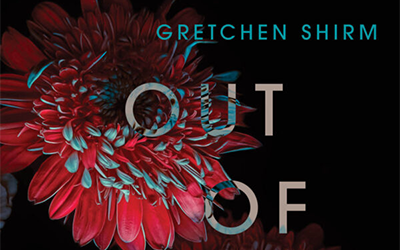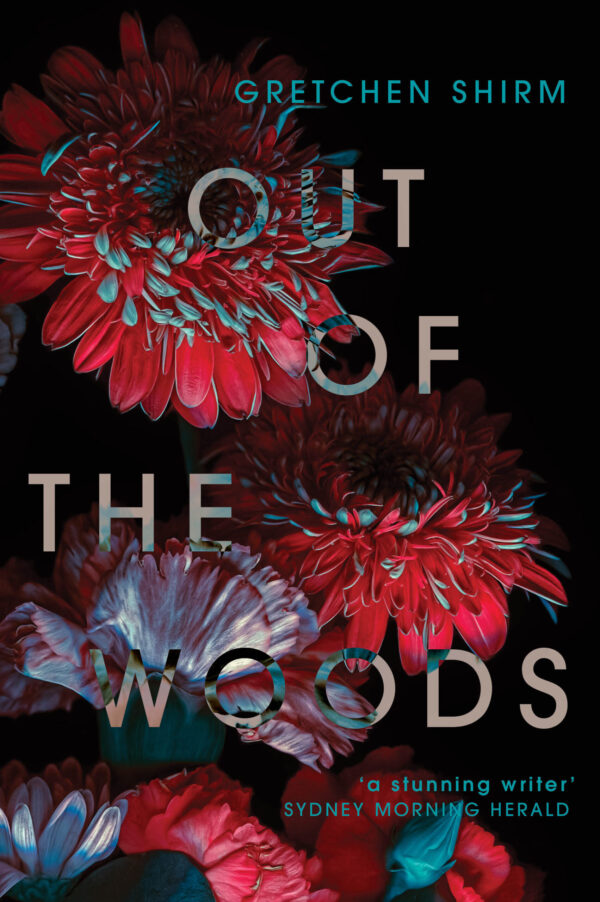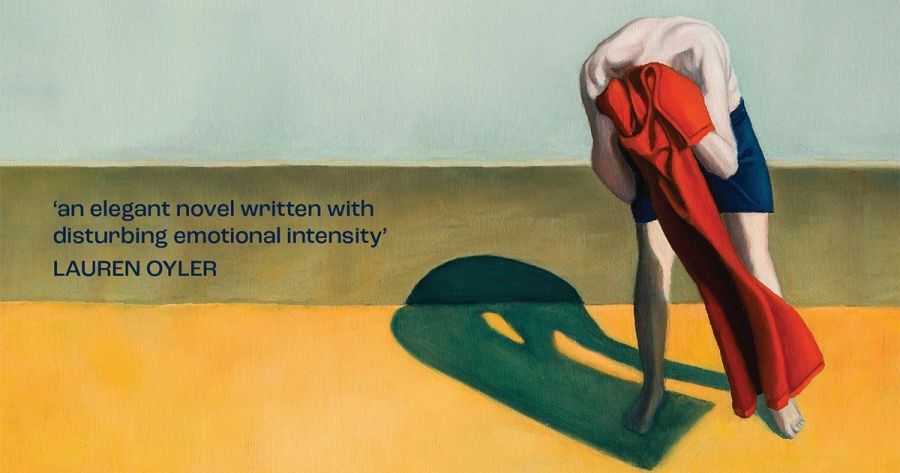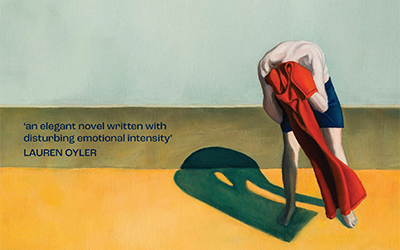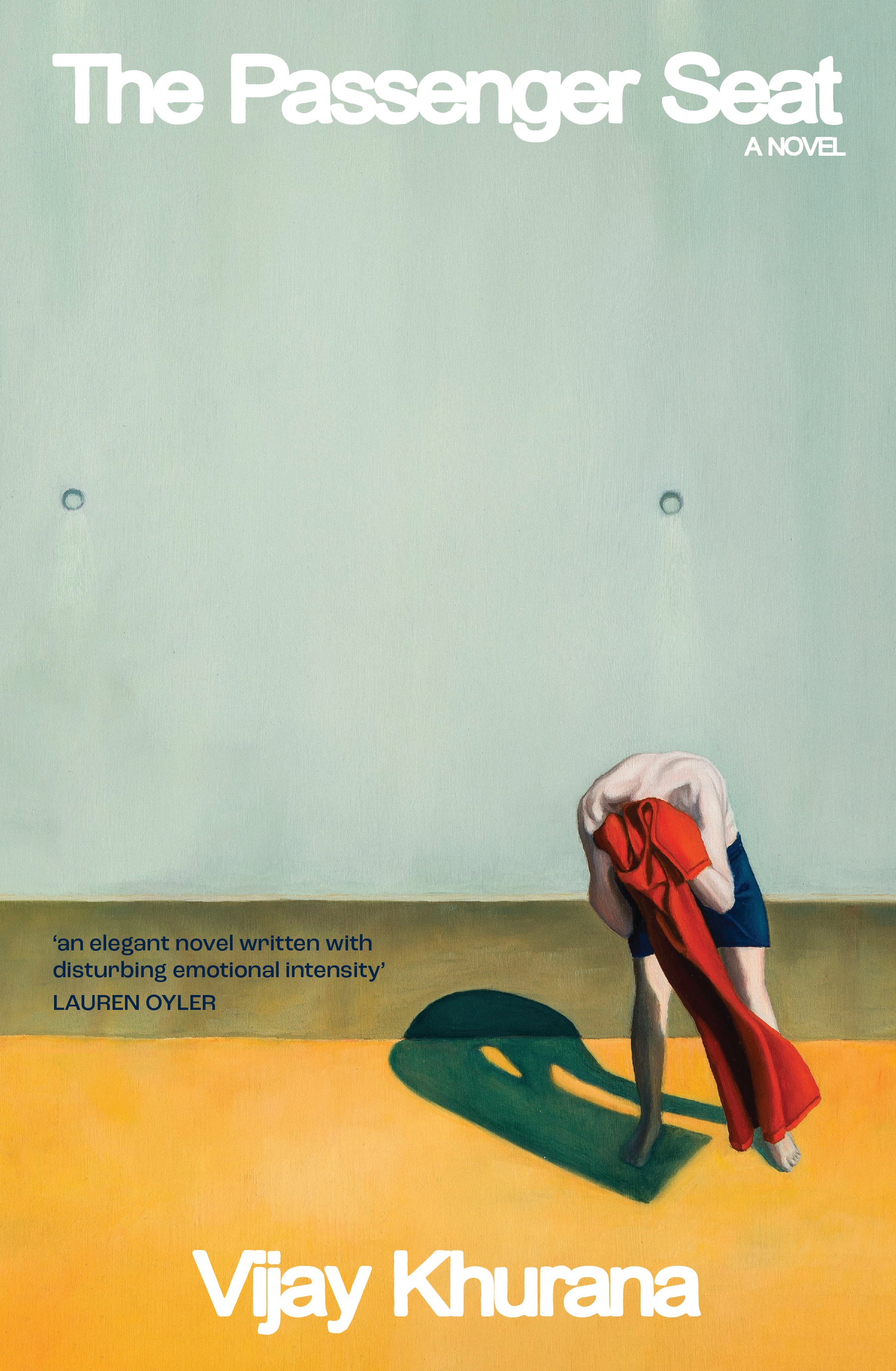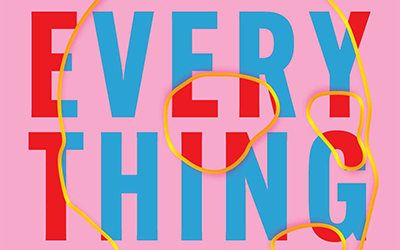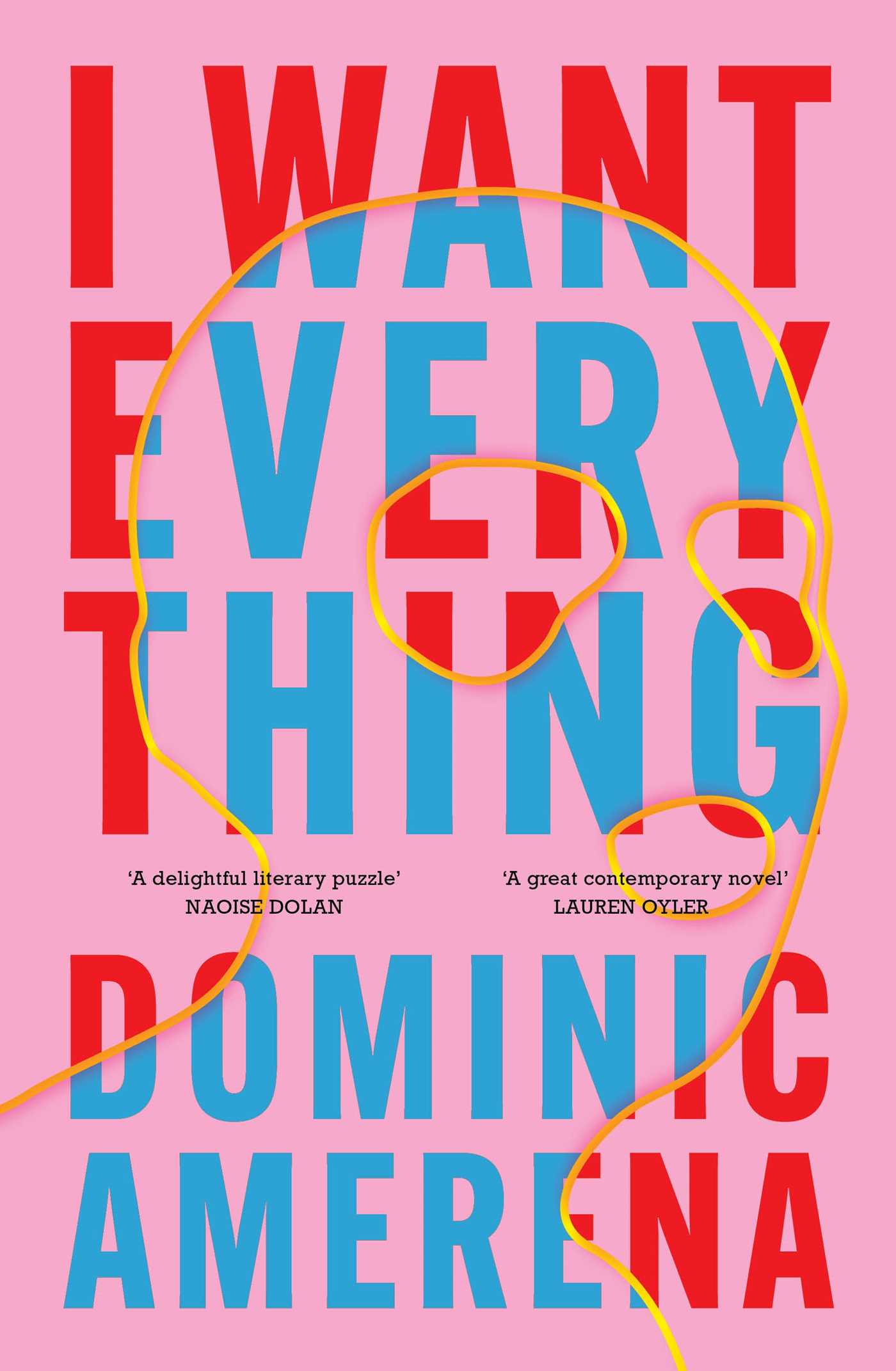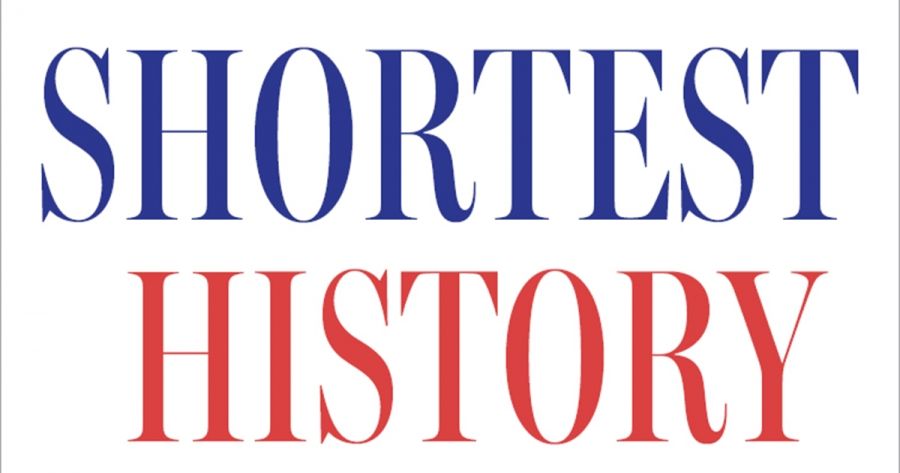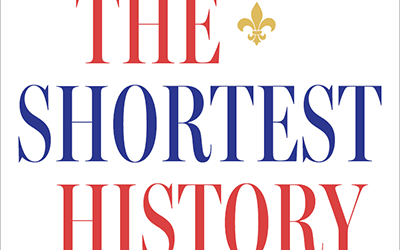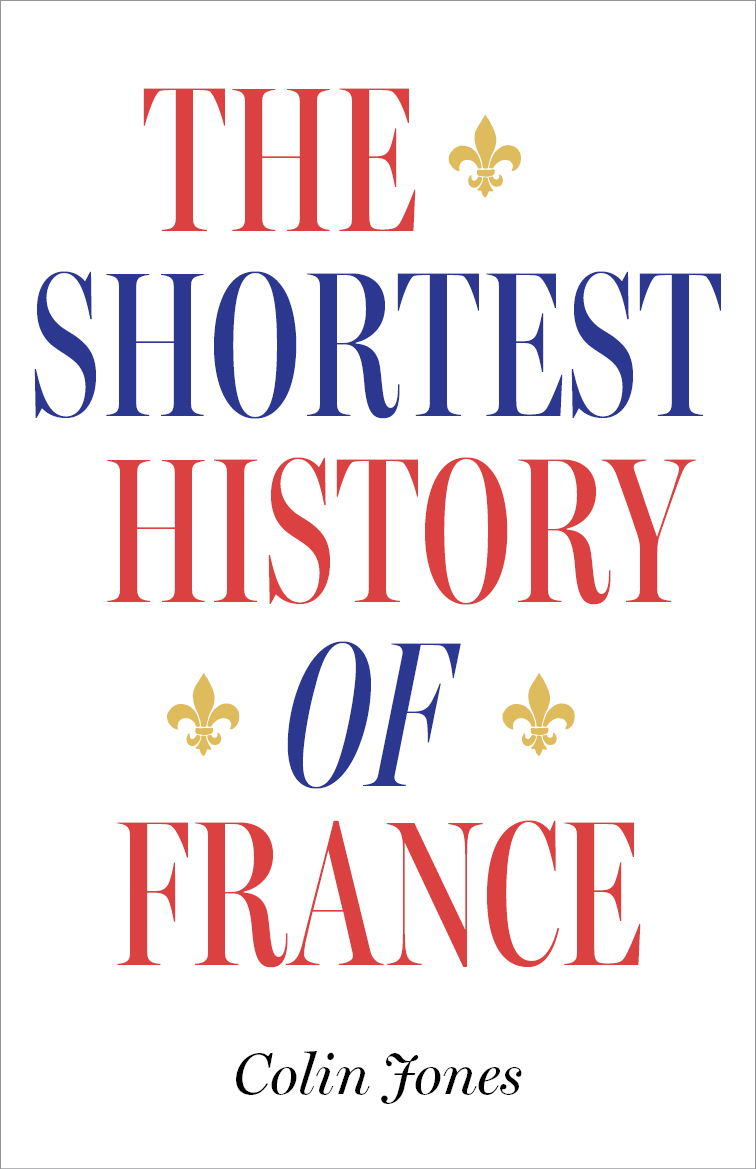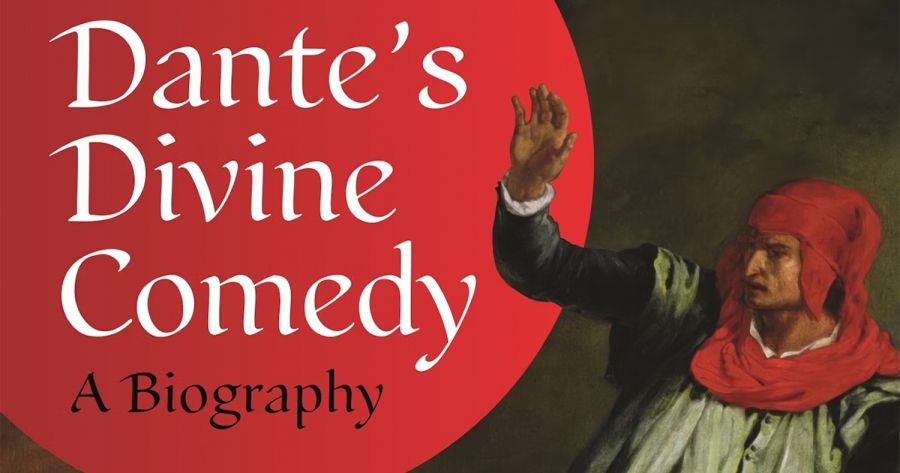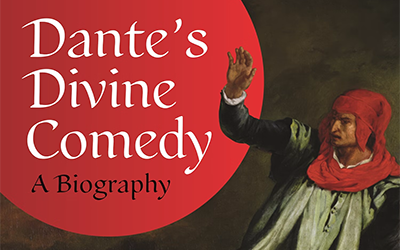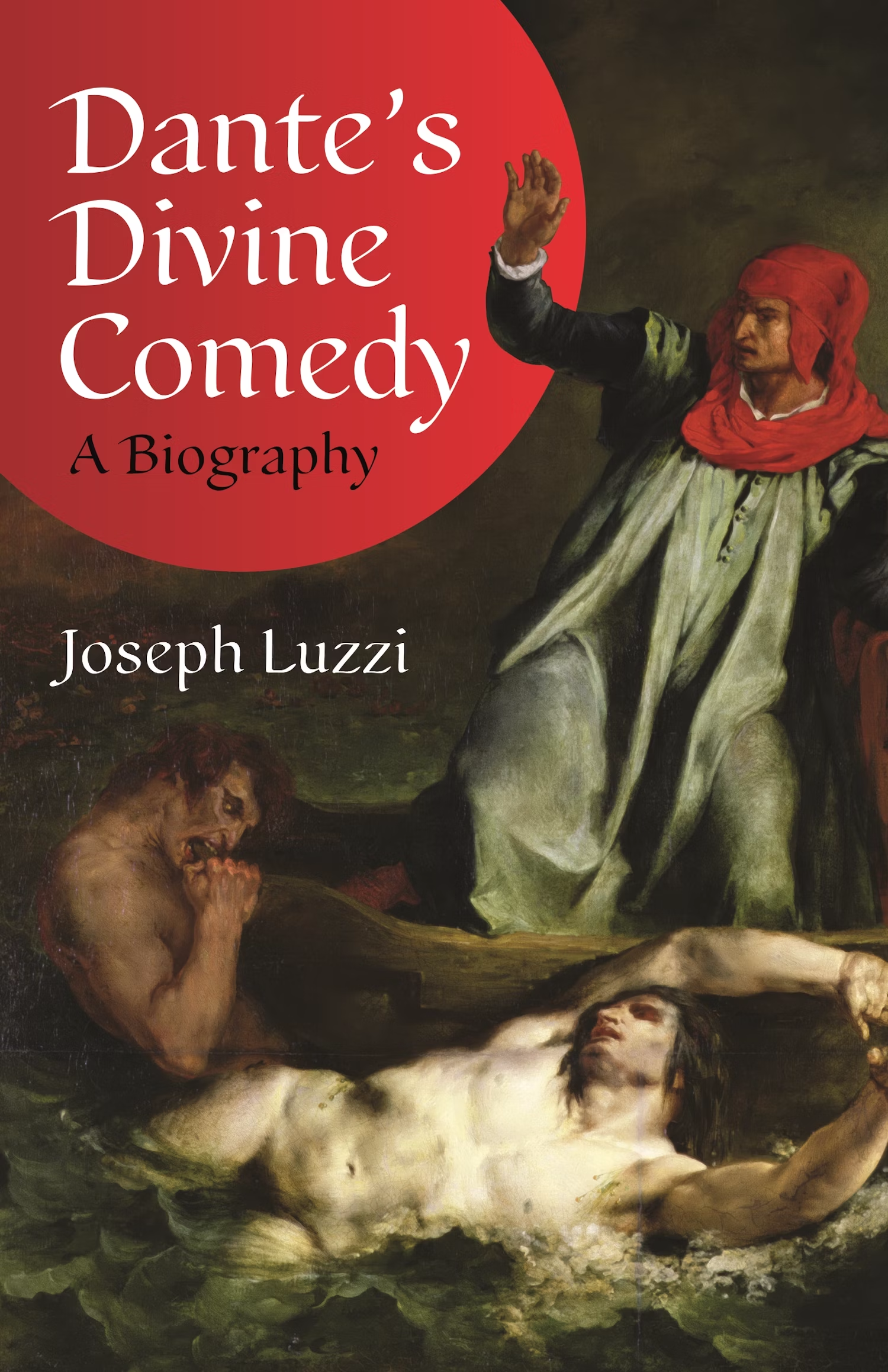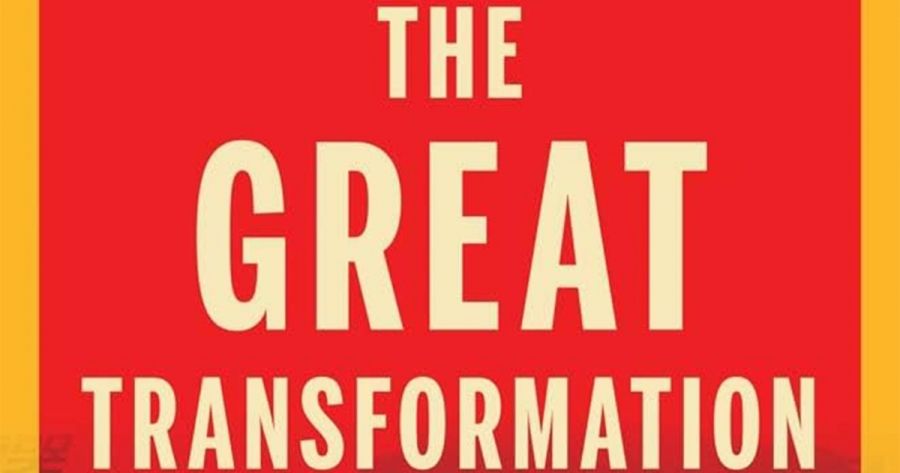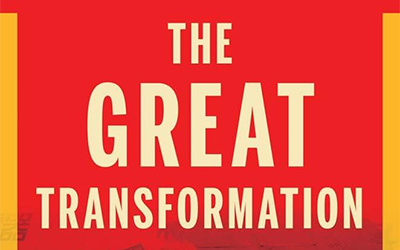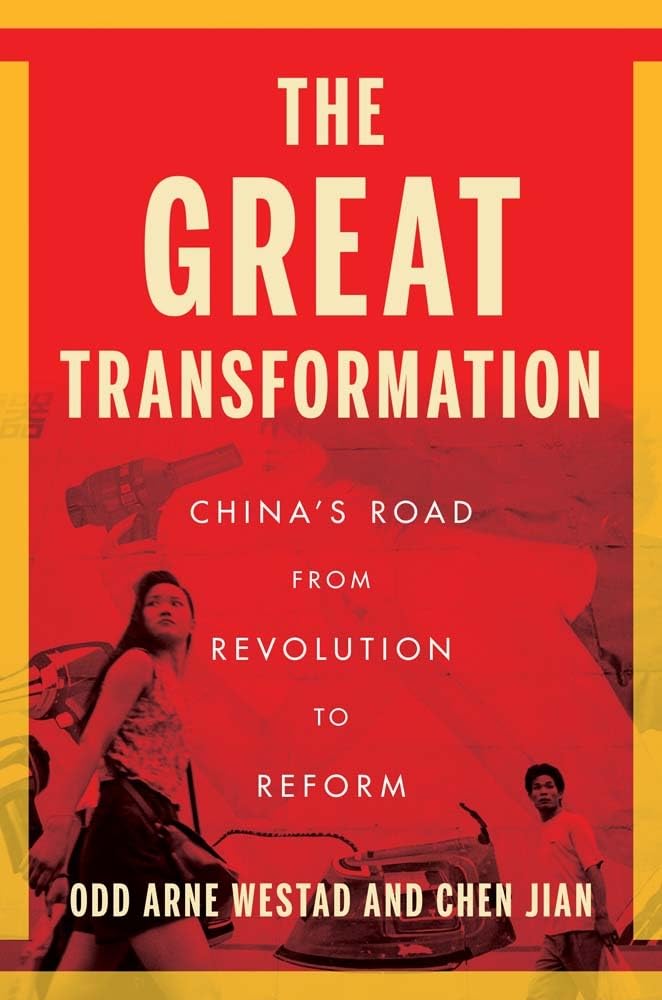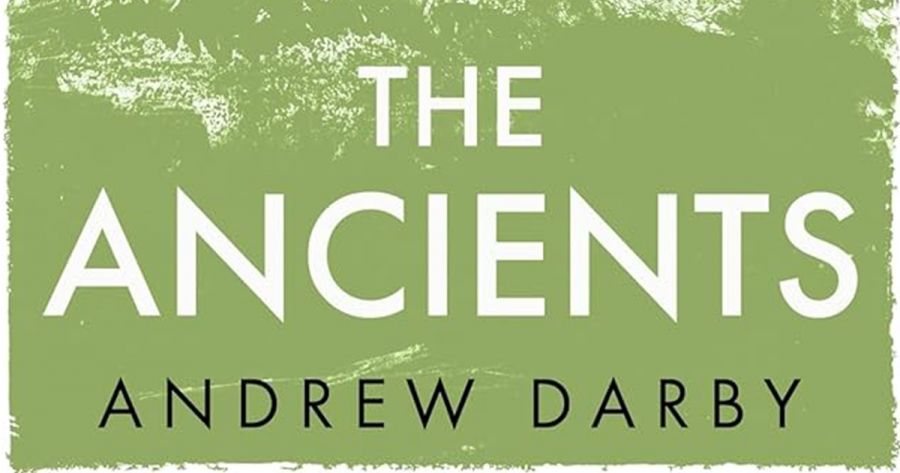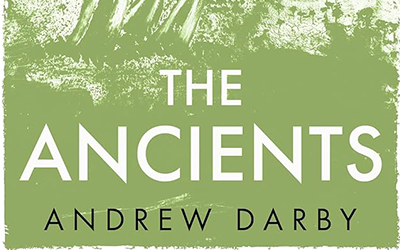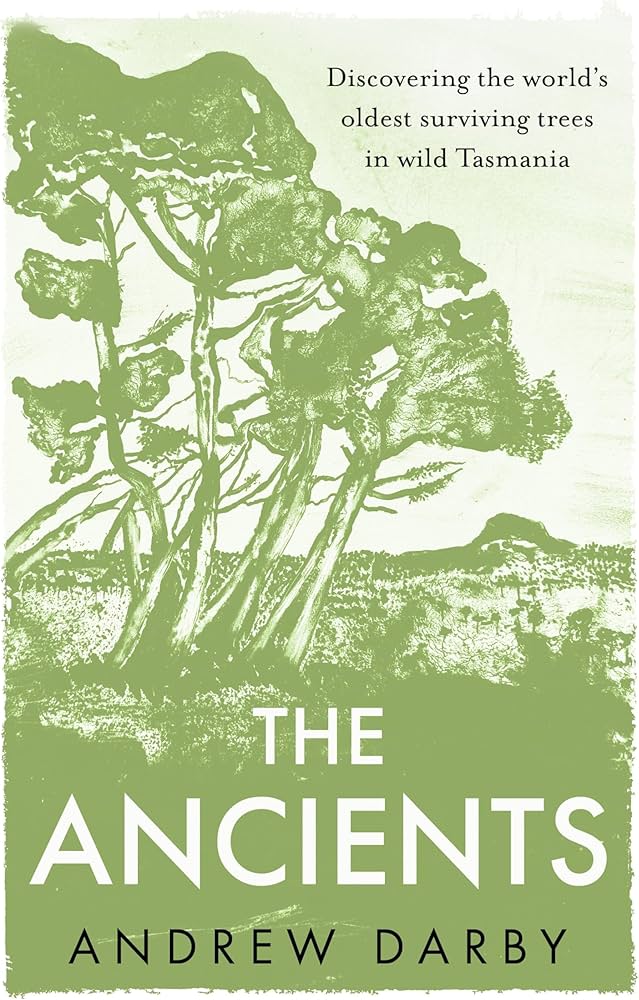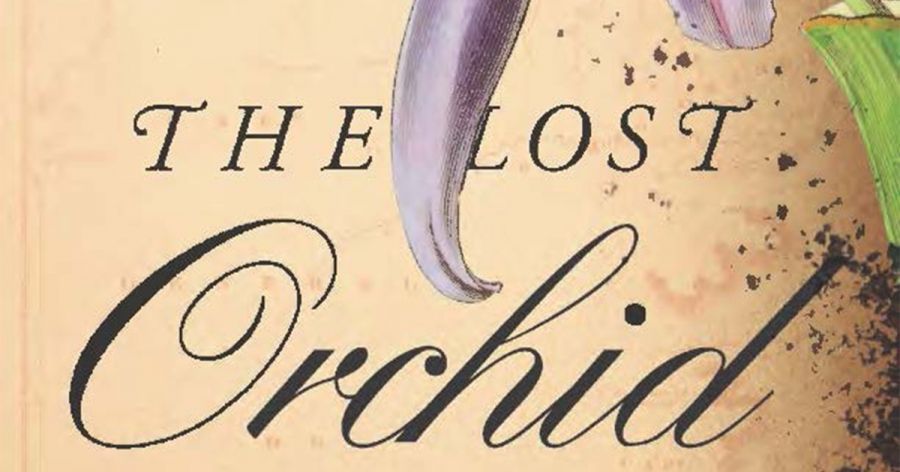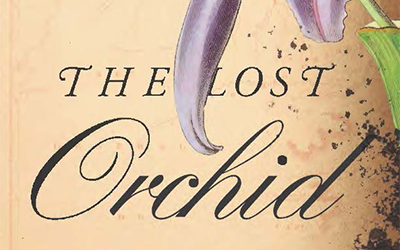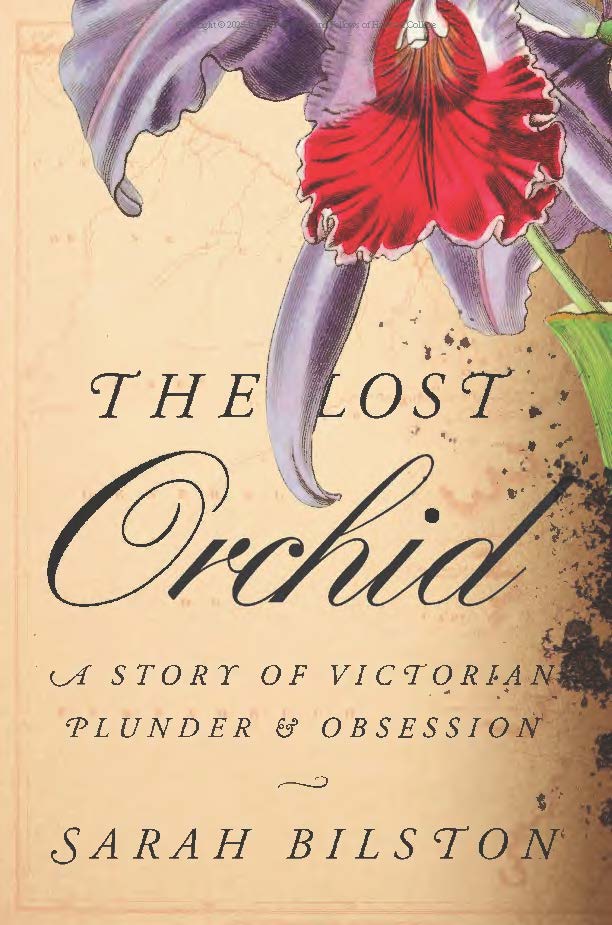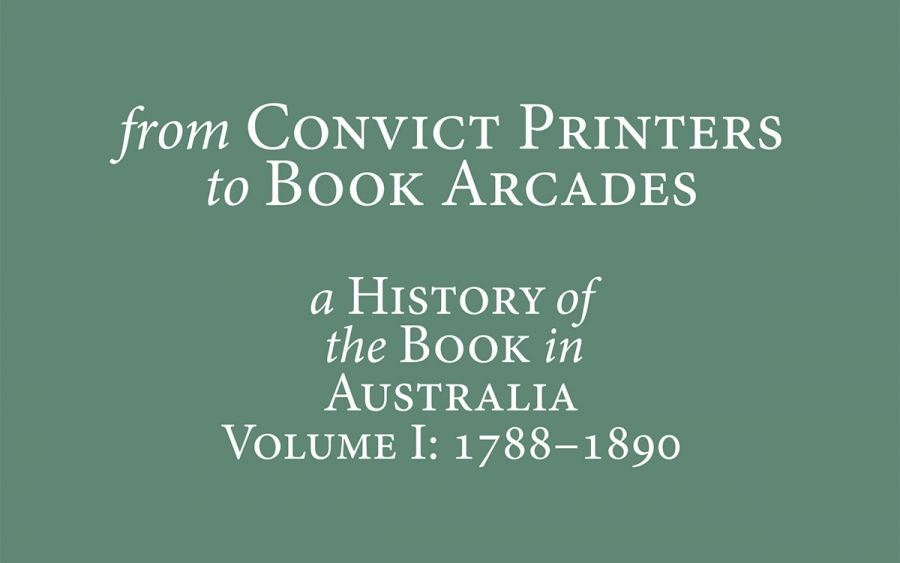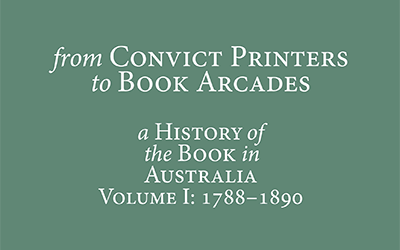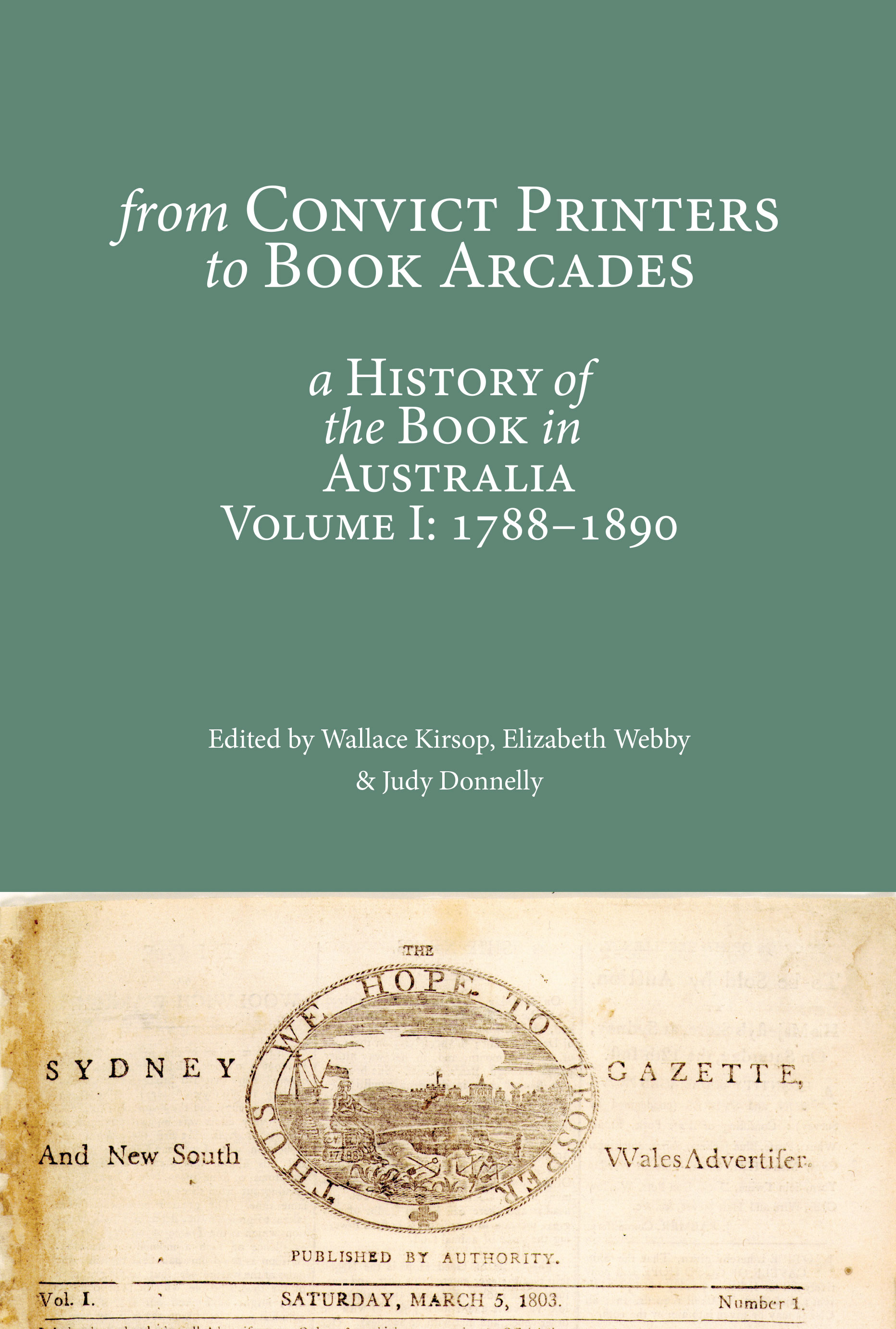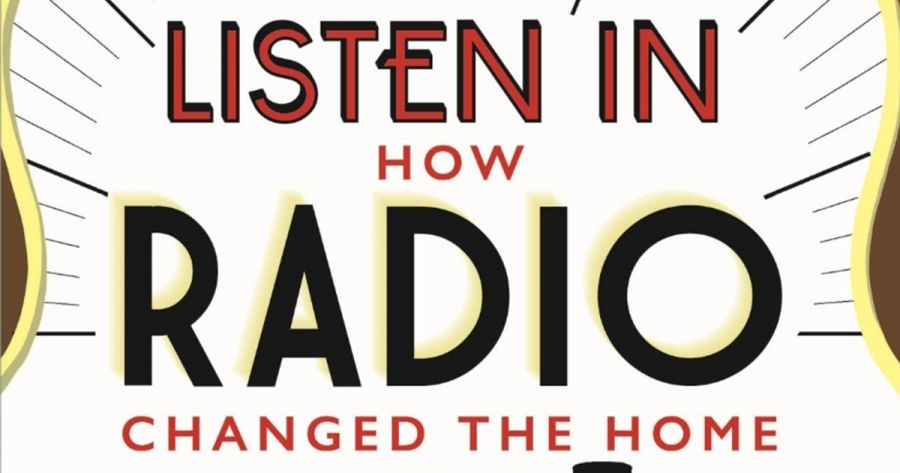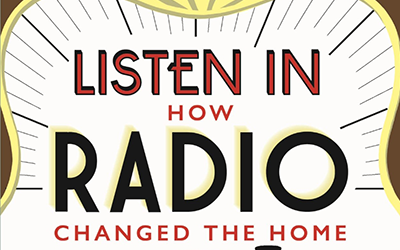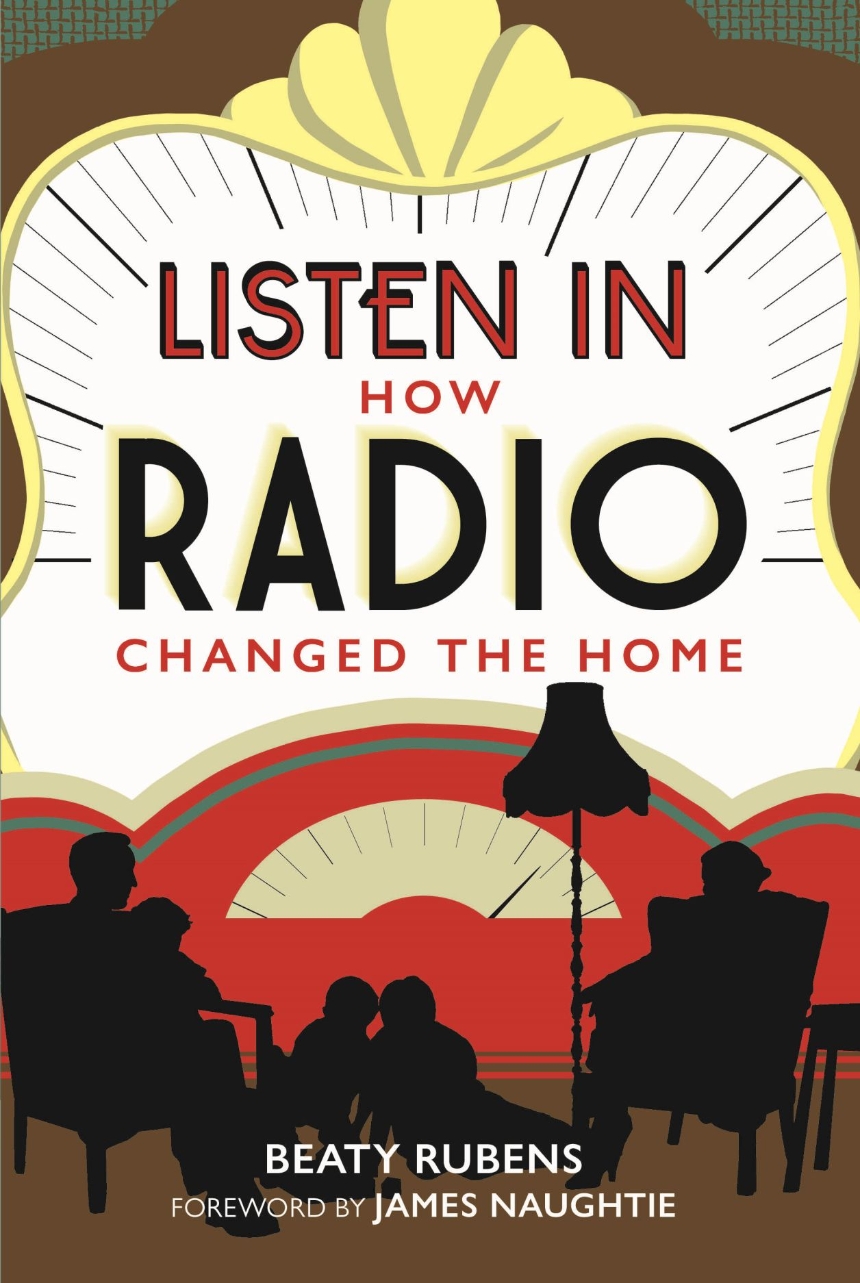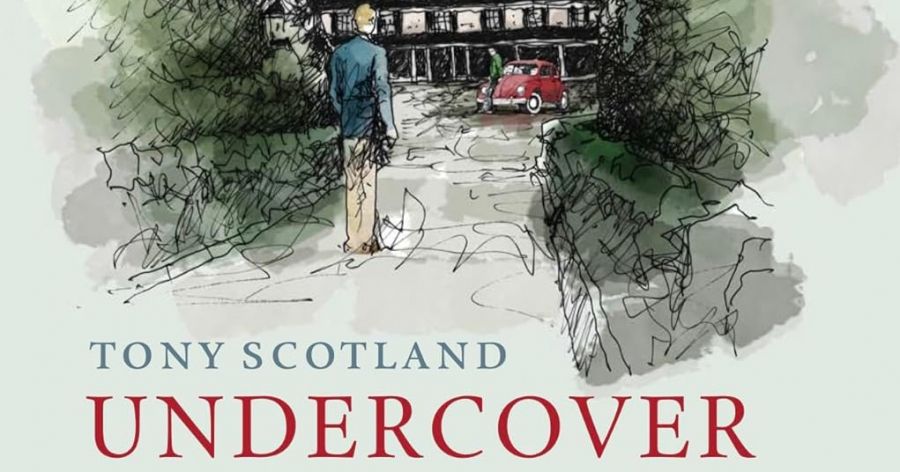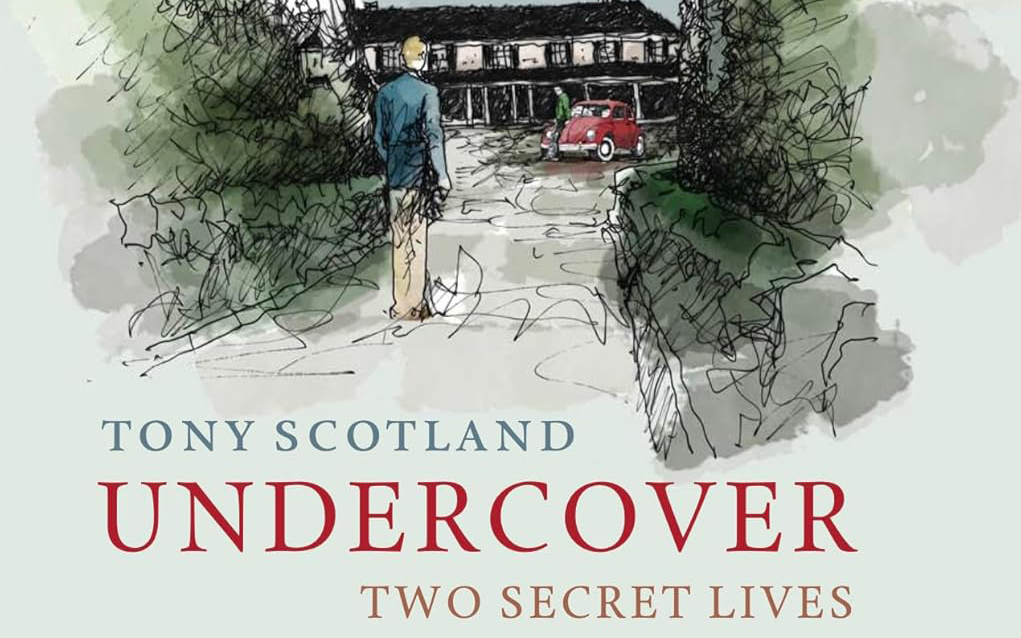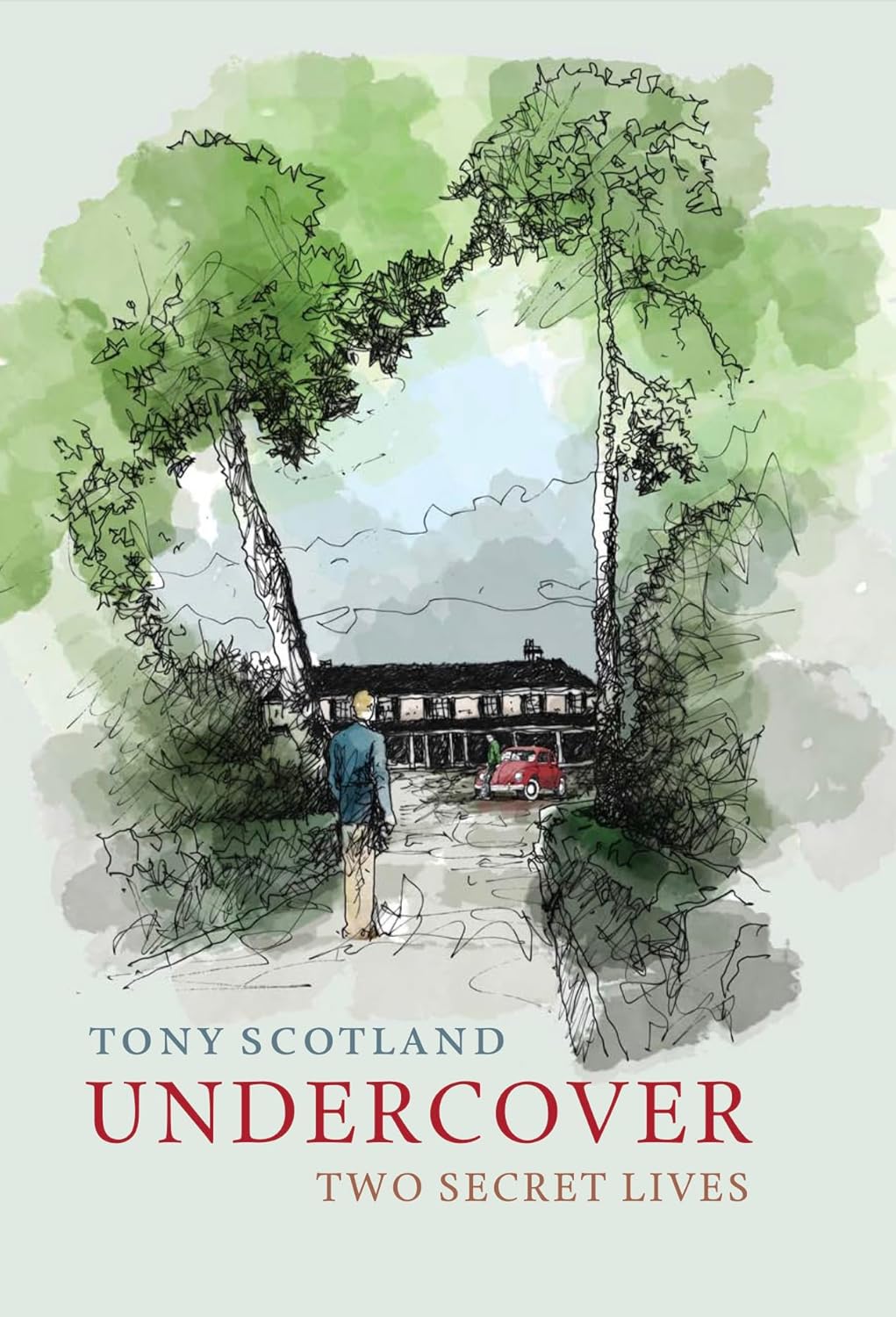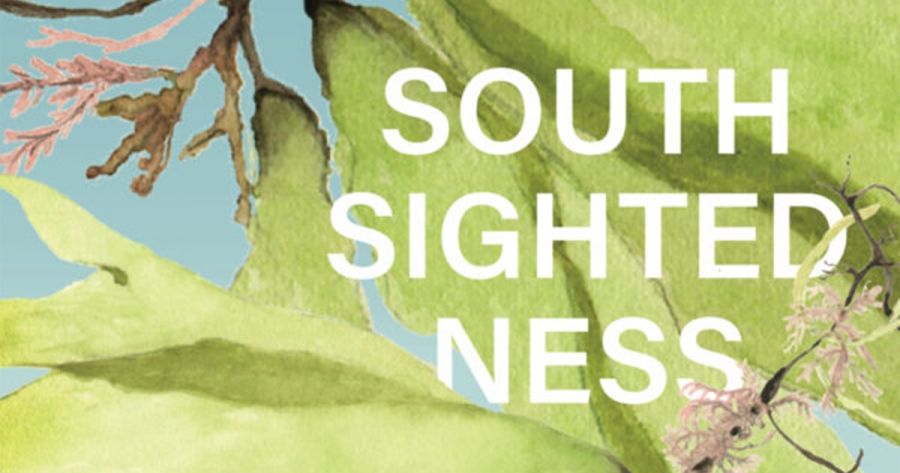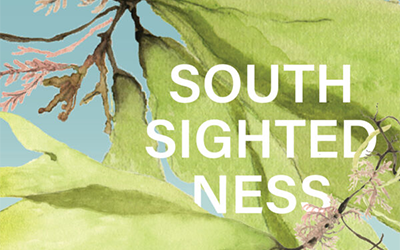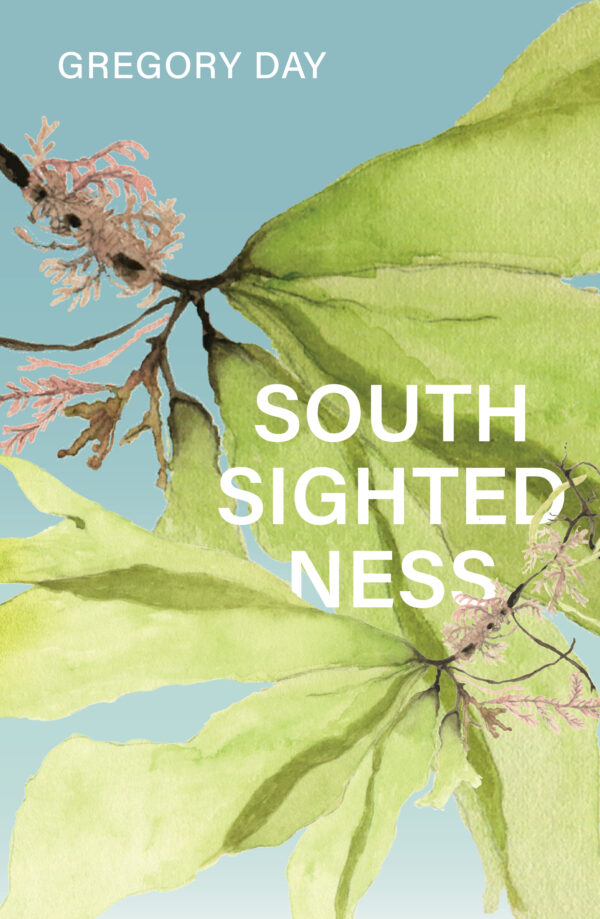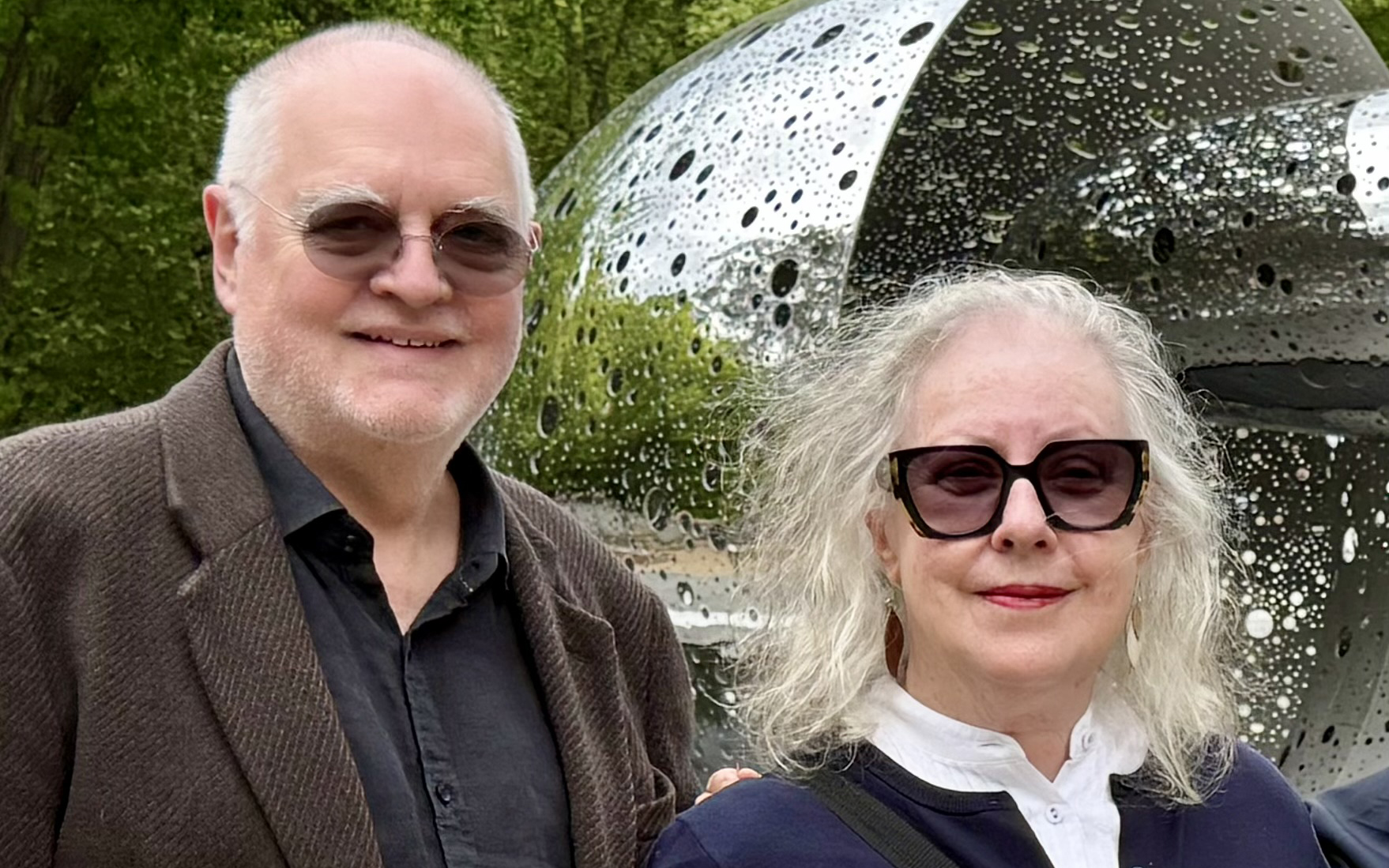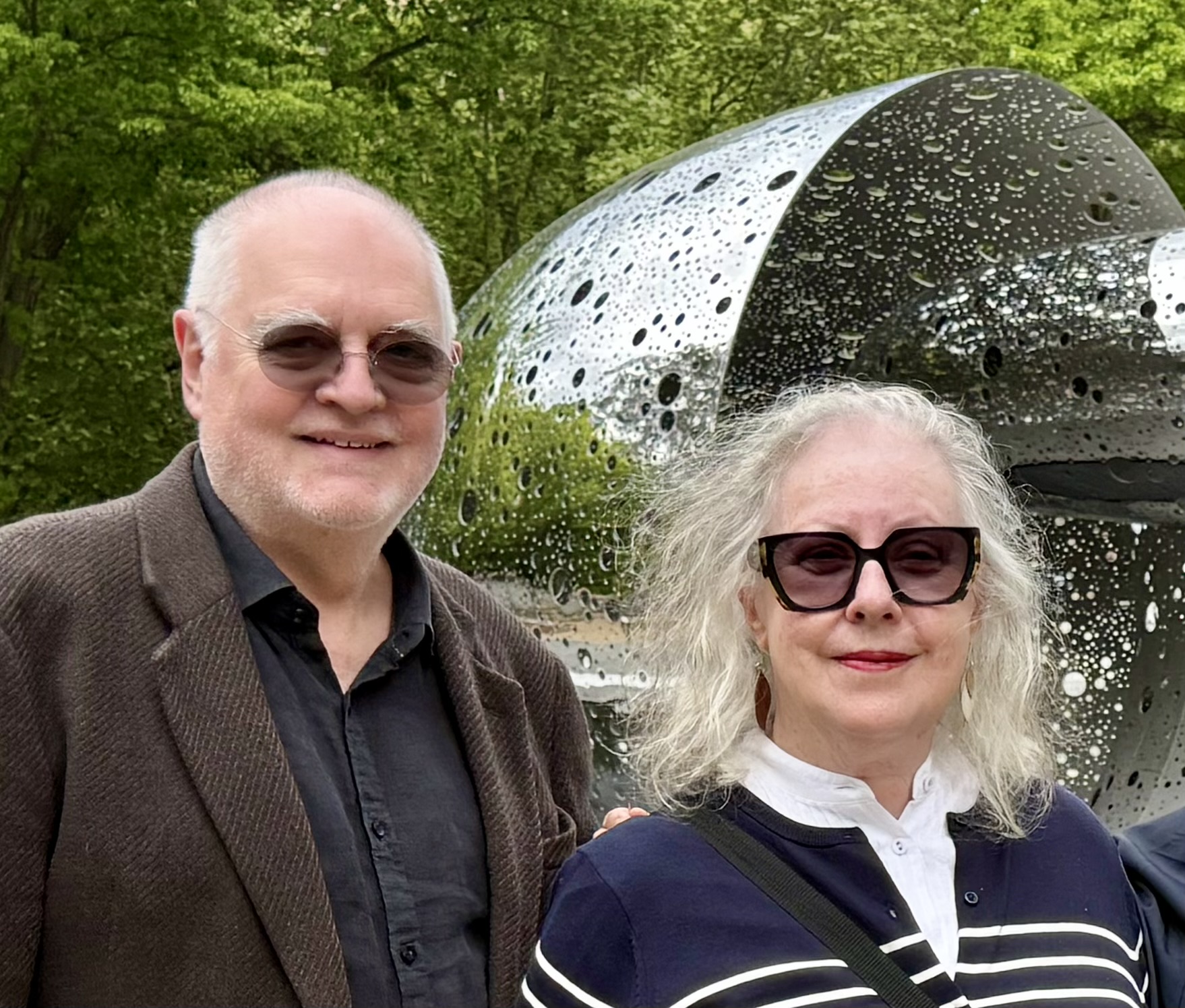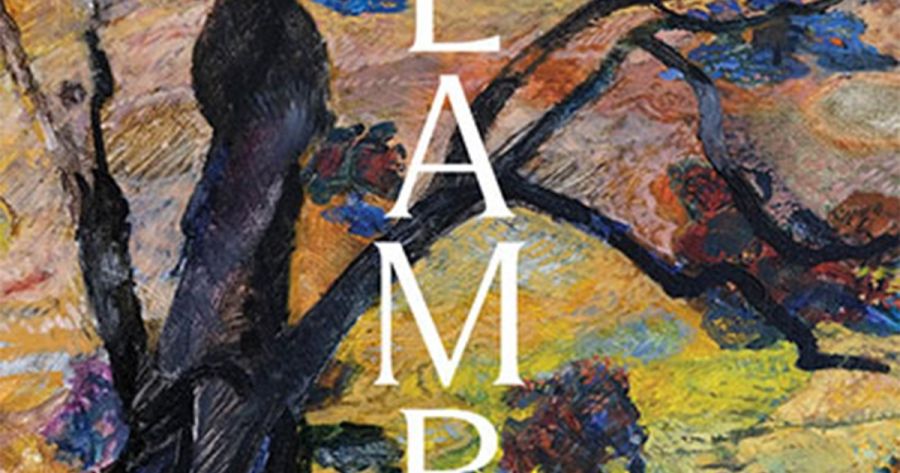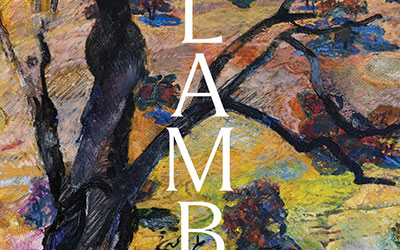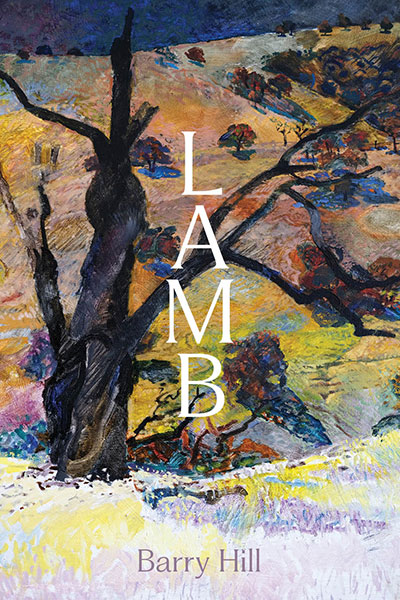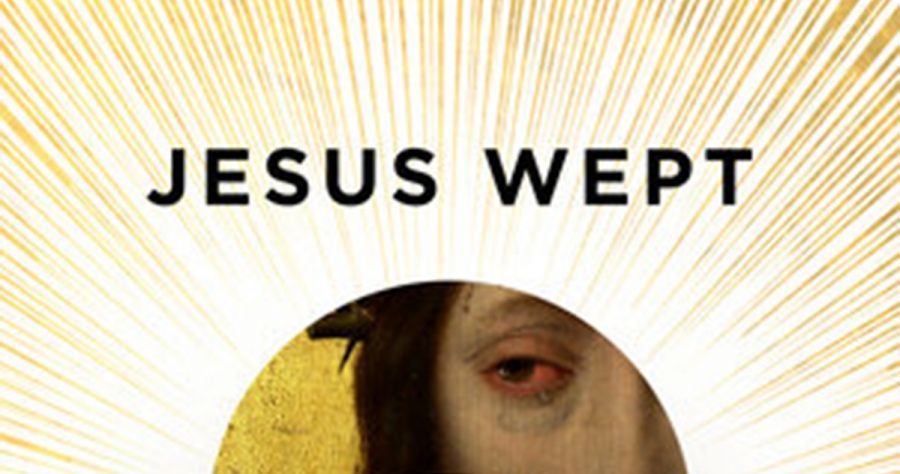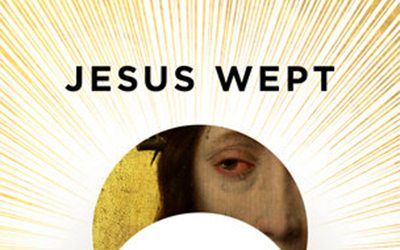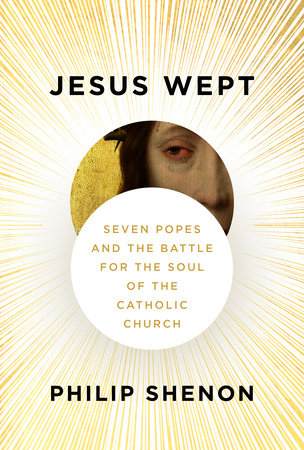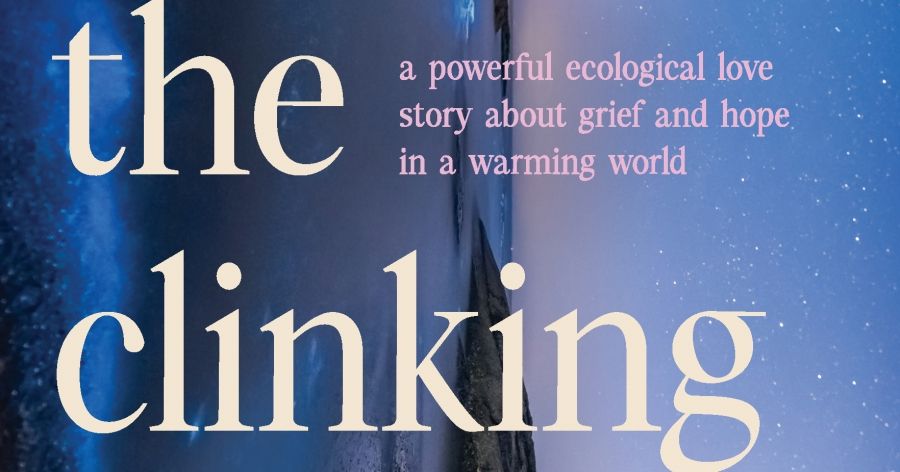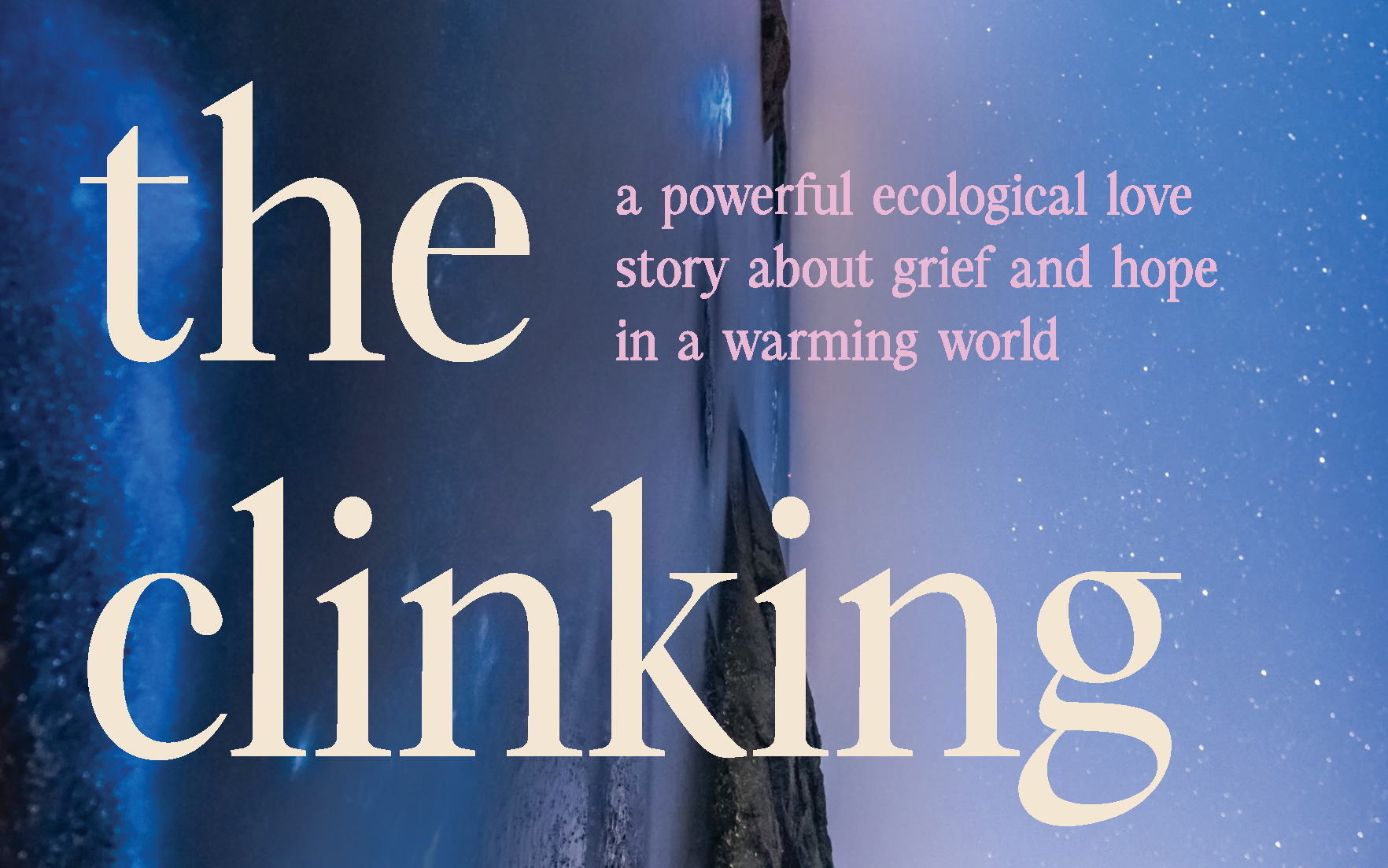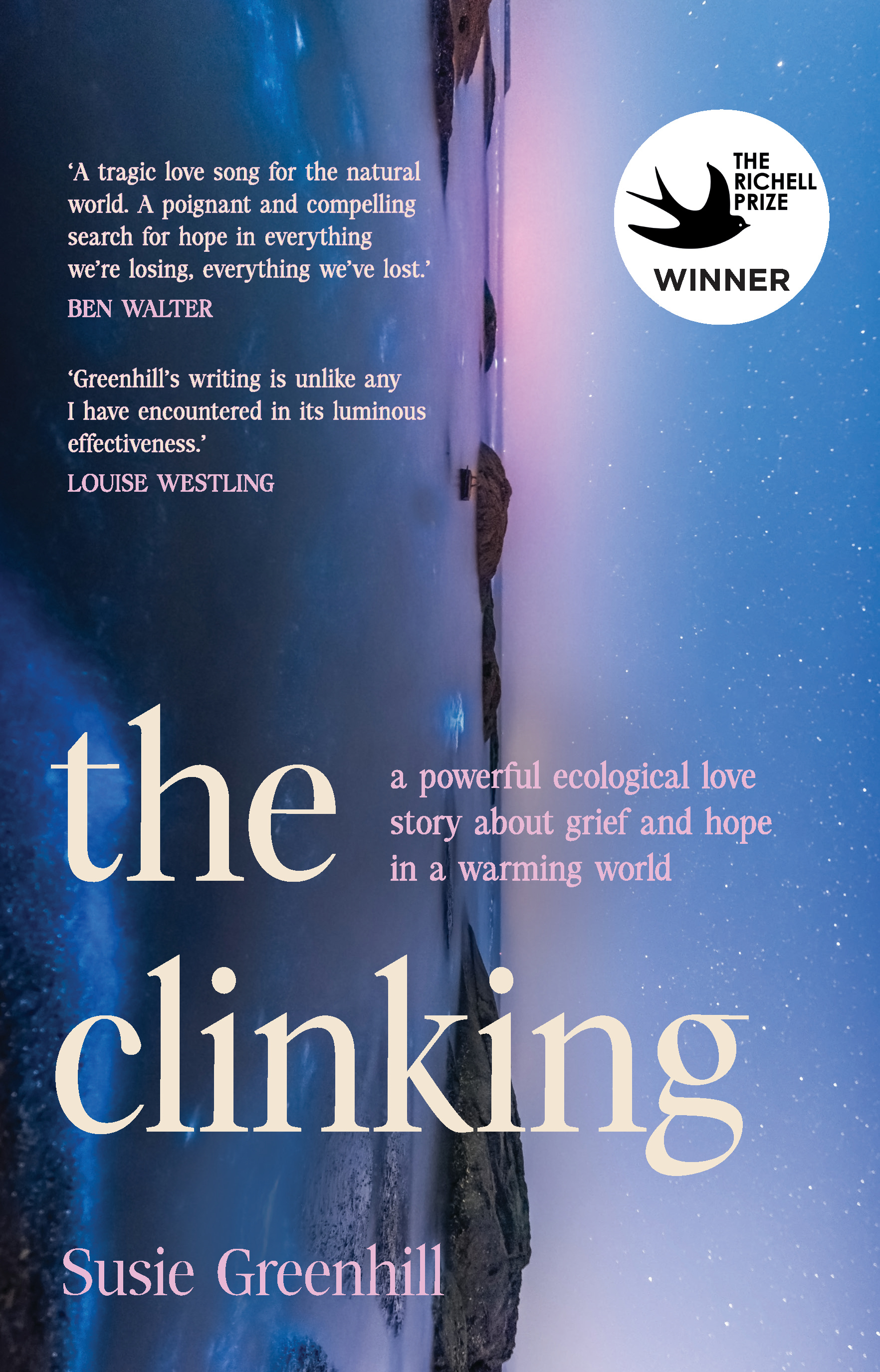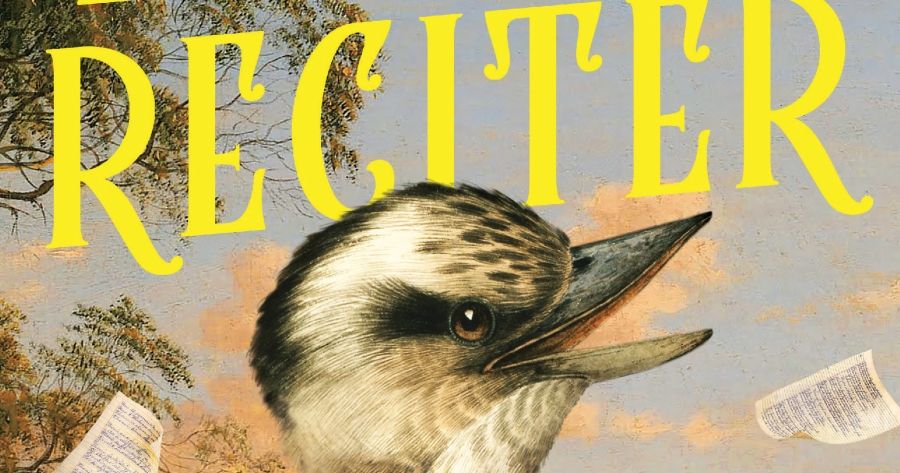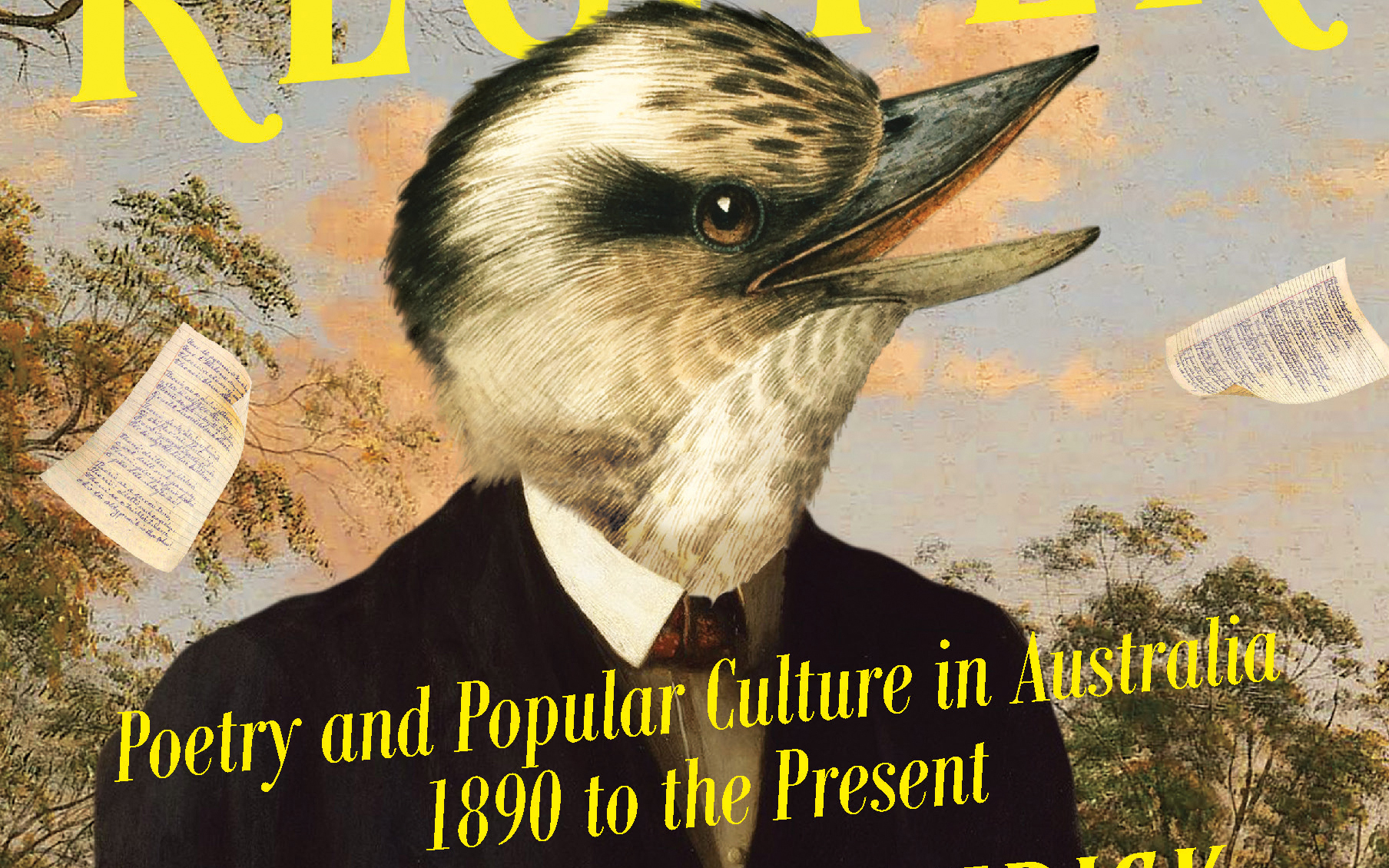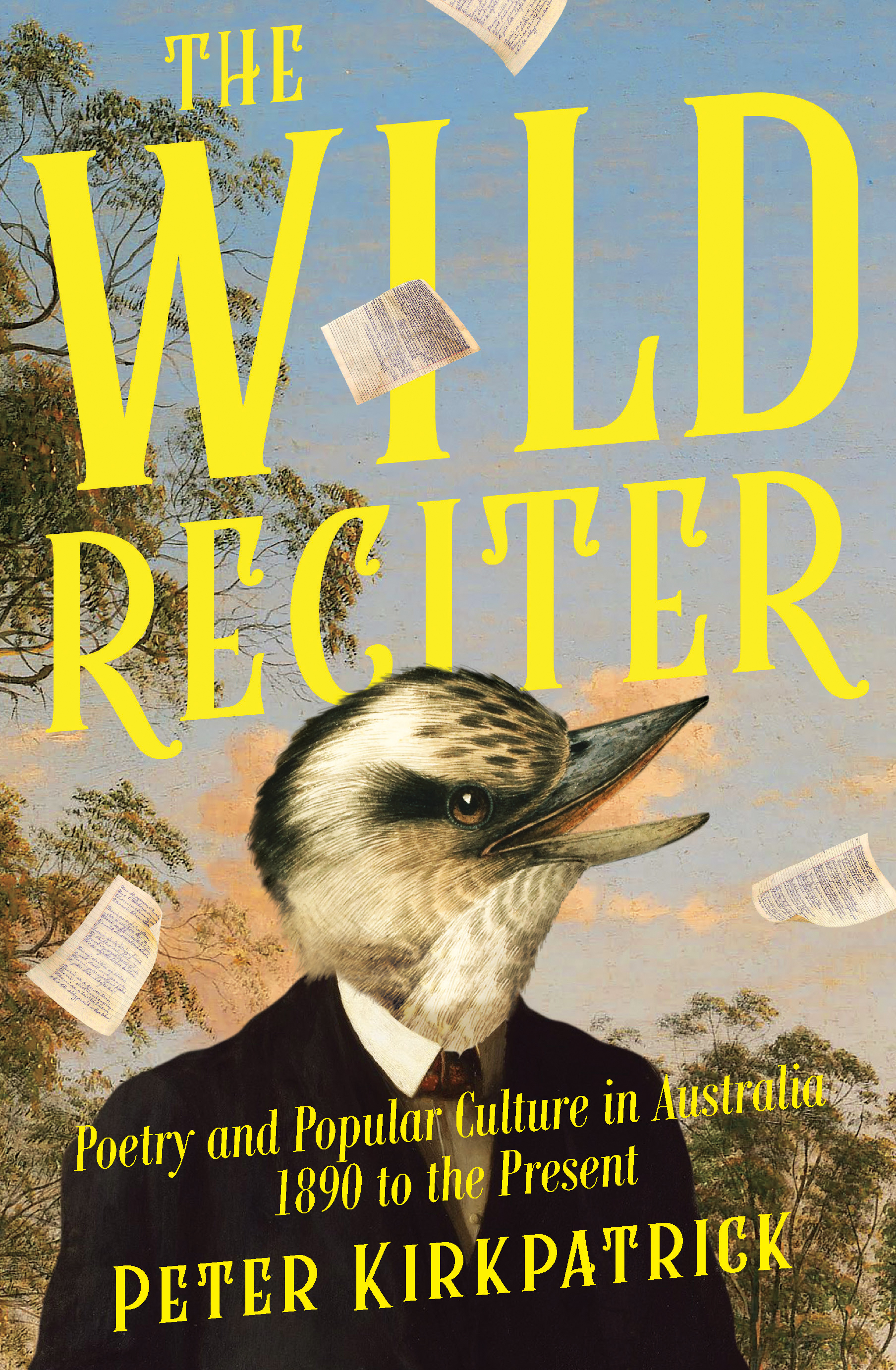Sarah Holland-Batt
When I think of Peter Rose’s legacy and his immense contributions to Australian letters as Editor of Australian Book Review, there are manifold achievements I might highlight. Peter has wholly transformed the magazine’s ambitions and horizons over his tenure, elevating ABR into an indispensable, world-class publication offering outstanding commentary, criticism, creative work, and coverage of the performing arts. He has shaped the national conversation in infinite ways, offering our best minds scope to debate the pressing issues of our times in complex, nuanced exchanges that are vanishingly rare elsewhere. He has served as a distinguished and tireless public advocate for the value of criticism, the arts, and the humanities, and has done so much to advocate for writers and writing, building prizes, fellowships, and other initiatives that continue to create vital opportunities and recognition for writers today. More quietly but no less diligently, he has also worked tirelessly to protect and preserve ABR as a jewel of Australian literature for generations to come.
Underpinning all these diverse contributions is Peter’s spirit of abiding generosity towards his peers and fellow writers and editors, which I have come to see as his most distinctive legacy, and a spirit I hope will continue to animate ABR in the future. Despite being in possession of world-class intellectual talents that might easily have taken up all his days, Peter is one of those rare writers who has chosen to dedicate much of his professional life to the works of others. Finding and championing new writers, critics, and editors has been Peter’s vocation: one to which he has applied himself with rare zeal, energy, and conviction.
In other hands, ABR might easily have become a publication that courted a small stable of established writers; it is down to Peter and his tireless efforts to discover new talent that we publish hundreds of writers who are new to our pages every decade. I have witnessed firsthand how elated and invigorated Peter is by the discovery of a new talent, and how thrilled he is to bring brilliant new writers to our pages, and to mentor and work alongside talented emerging editors. It is impossible now to quantify how many thousands of writers whose careers Peter has started or supported; suffice to say, few Australian writers’ careers have not been touched in one way or another by Peter, and many of our major critics and writers writing today were afforded their first start in ABR’s pages.
I have been privileged to work closely with Peter since 2017, and as Chair of ABR since 2020; even so, it is difficult for me to fathom at times just how Peter manages to lead all aspects of our extraordinarily busy and vibrant organisation with such calm, grace, and good humour. He is an unstintingly thoughtful, courageous, and principled colleague, one who has always remained flexible and innovative – all qualities firmly present in the magazine’s current iteration and future direction. While Peter’s departure may herald the end of an era at ABR, his guiding spirit of generosity – and the camaraderie he has extended to generations of Australian writers, critics, thinkers, and editors – will endure.
Geordie Williamson
I even recall where I was standing when Peter Rose called to offer my first commission: beneath the chandelier in the lobby of Sydney’s State Theatre. It was intermission. I was watching Satyajit Ray’s The Apu Trilogy. And I enjoyed bathing in the callow glow of the chosen, as the Editor of ABR asked if I would write for him, having heard from Don Anderson, one of my tutors at the University of Sydney’s English Department, that I was a more than usually noisome mansplainer and had read a bit to boot.
That was twenty-five years ago. It’s fair to say that my editorial relationship with Peter Rose has been the longest-lasting and most significant of my quasi-career as a reviewer. Peter gave me a chance, then many more chances. He allowed me to follow my interests, which were often eccentric or hermetically marginal, and he never failed to think of me when something big and bold or weird and gnarly landed on his desk.
Peter was, ideally, a minimal intervention editor, but he was willing to wade in when I delivered unclean copy. His suggestions were always improvements, rather than the stylistic micro-aggressions that can sometimes pass for editorial input. He was that rarest of creatures: a practising creative with his own firm tastes, who was always respectful of those belonging to others. That he was a poet of stature who could also run a small magazine with rigour and dash was a matter for quiet awe.
For all his industry, Peter remains warmly sociable: ever ready to man a raid on the cheese trolley at Grossi Fiorentino or to settle in for one last glass on the way home from a convivial meal. Much of what I know of Australia’s recent intellectual and cultural history I learned from Peter, whose delivery mechanism was the exquisitely turned anecdote.
Peter’s departure from the ABR is a personal loss and the golden spike marking the end of an era. But it is also the start of a new and exciting time for the magazine. I hope to see a late explosion of poetry and prose from Peter’s pen now that his days are roomier. And may the long lunches continue, ad infinitum.
Sheila Fitzpatrick
I can’t say anything about how Peter Rose as Editor changed ABR because I don’t know what it was like before him. That’s one of the oddities of returning to Australia after decades overseas – not knowing things that someone like me would be assumed to know. From my standpoint, Peter and ABR were among the pleasant surprises of returning.
Peter Rose and Sheila Fitzpatrick in conversation at the State Library of Victoria as Fitzpatrick becomes the third ABR Laureate, 2023
When I left Australia in the mid-1960s, A.A. Phillips’s ‘cultural cringe’ still hit home, and you really needed Musica Viva to bring in first-class international performers, because there weren’t that many here. Before my departure, when as a university student I had a summer job working for Meanjin, Clem Christesen wrote an editorial entitled ‘Please Pass the Pabulum.’ That was my personal cringe moment. I wanted to be an intellectual, but not one whose cultural anxieties produced that kind of preciousness.
I don’t remember exactly how I met Peter, but I think he had identified me as a possible contributor sometime in the 2010s and, in his sociable way, arranged to meet me in Sydney, where I was then living. It seemed natural and easy to agree to write for ABR, and I was subsequently impressed by Peter’s habit of suggesting that I review books that weren’t obviously in my line but in fact appealed to me. That, of course, was one of the benefits of his sociable nature: being interested in his contributors as human beings, he could make a good guess about what they would or wouldn’t like to do.
I have never written a lot of reviews. For the past ten to fifteen years, I’ve just written, albeit fairly regularly, for two publications: the London Review of Books in London, and ABR here. That has the disadvantage that, having developed mild dyslexia as I grew older, I sometimes scramble them as LBR and ARB. Otherwise the arrangement is perfect. For LRB, you write long pieces premised on the assumption that you, the reviewer, are as interesting as the author, and that anything like a straightforward good/bad assessment is a bit crude. For ABR, at least in my interpretation of Peter’s message, you write shorter, punchier reviews that don’t lose sight of the basic task of telling readers what the book is about and helping them decide whether they want to read it. I like alternating these two writerly disciplines.
I have also come to cherish ABR as a reader. For me, it is very useful to get an overview of what’s recently been published, especially outside my own narrow scholarly field. I really appreciate several innovations since I’ve been reading the journal: those (non-review) essays on important political and social topics by people who know and have something interesting to say about them; and the coverage of the arts, particularly opera, which deserves to become an international trend-setter. It’s not hard to recognise Peter in these innovations, and also in the feeling of cultural and intellectual community that has developed among ABR’s staffers and contributors. It’s very sad to farewell him as Editor. But he has left his successor – who of course is already part of the ABR community – a great legacy.
Georgina Arnott
Playwrights have helped me think about Peter Rose’s tenure and legacy at ABR, and it is with the utter seriousness of absurdist theatre that I associate Peter’s formidable intellect.
The first lesson is grit. This is apparent on a dark and frigid Melbourne morning, the Editor at work with his heart-starter, fresh prose. An ABR review proceeds down a corridor of stages – mostly orderly – from formatting to final proofing through fourteen rooms (I counted them) in half of which Peter is there, ready. That the review rattles down this corridor, sometimes in a day, is through sheer Peteresque force. But this is the fun. It’s the mornings where one learns of a funding squeeze, or an error that slipped through, or an anguished correspondent, that makes the going truly gritty. Peter is unwavering, and this is not because he is insensitive to adversity’s nuances. ‘You must go on. I can’t go on. I’ll go on.’ (Samuel Beckett, The Unnamable, 1953)
The second lesson is imagination. You’ll say this cannot be learnt, and that is true. But Peter shows how an editor should wield it. This is not to imagine how the sentence could be different. The art here is to suppress this instinct because its effect is inevitably levelling, conforming, an ordering of ideas in easily recognisable form. Familiarity of expression inevitably leads to familiarity of thought. Peter has shown me, and I can only imagine dozens of other editors, cadets, proofers, and interns, that to follow the sentence’s line is our best shot at originality. The lesson is to listen closely, then imagine hard. Through proof marks, he conveys that we must be agile, wary, but hopeful about the sentence. ‘Language in art remains a highly ambiguous transaction, a quicksand, a trampoline, a frozen pool which might give way under you ... at any time.’ (Harold Pinter, 2005)
Peter Rose and Robert Silvers exchange copies of their magazines during ABR’s first international cultural tour, which included a visit to the office of the New York Review of Books in 2016.
The third lesson (while the quicksand holds) is audacity. Thus a small, financially struggling literary magazine is transformed into a hub for literary prizes, arts reviewing, fellowships, editorial training, and on it goes. Behind the transformation has been the ambition, the creativity, a quickness to opportunity, and the drawing in and around of others. Peter says as he does: ‘Be ambitious.’ When I applied to become Digital Editor at ABR, Peter saw the possibilities where some saw postdoctoral scholar. When I once suggested a reviewer who was in fact dead, Peter remarked: ‘I admire your ambition.’ There has been no shame, at ABR, in boldness, ideas, wild fancies. Peter has reserved a death stare for the turgid, the immovable, the compliant thought. The audacity comes home in grant applications and partnership letters but also in the exquisite poetry, reviewing, and dramalogues. ‘I like to exaggerate. It’s all we have.’ (Peter Rose, The Siegfried Idyll, 2024) It is for this lesson in audacity that I’m most especially grateful, the scene I’ll return to most often: the venturing, the rallying, the ceaseless bringing forth of something new.
Morag Fraser
In 2003, within days of my retiring as Editor of Eureka Street, I had lunch with Peter Rose. I can’t recall now which of us issued the invitation, but I do remember that Peter lost no time in asking me to join the board of Australian Book Review. Entrepreneurs never rest!
At the recent launch of Attention, Please!, his new volume of poems (which contains many lyrical evocations of nocturnal restlessness), Peter read commandingly but also remembered to draw attention to discreet ‘takeaway’ piles of the most recent issue of ABR, the magazine he has edited with such grace and skill.
It’s that combination – of relentless artistry, professional integrity, and editorial savoir faire – that is both unusual and gratifying. Peter has been a dream colleague: efficient, honest, open to ideas, far-sighted, and quick to adapt. He is also clear and frank about his own position – a good man with whom to argue.
As an editor, he provides exactly what (I believe) a writer needs: a dispassionate, expert second eye to assist when the writing comes so close that you risk critical, even literal, myopia. Peter grasps what you are trying to achieve, and helps you find the ways. And he does so with a kind of empathetic intelligence – a response that gives you hope. He is neither effusive in his praise, nor, in my experience, caustic in his dispraise. Just right (for this Goldilocks).
There is another dimension: under Peter’s editorship, ABR has grown and developed into a formidable cultural force. It has extended its reach internationally and supports prizes that are testament to a belief in the power and crucial importance of literature. As the media fragments, and truth becomes more and more a tradeable commodity, magazines of integrity, like ABR, are bulwarks of our democracy. They are safe places for intellectual exchange. They are indispensable champions of the arts in Australia. They provide feedback, recognition – reviews even! – that artists need, for encouragement, for a sense of community, and for survival. Under Peter’s editorship, many Australian writers have had their first experience of publication. I remember that exhilarated feeling – of endorsement – even after forty years. Writers may work alone, but they live in a community – of readers, other writers, editors, and encouragers. Peter knows that from the inside, and has acted on it from the ‘outside’ of his editorial desk.
I wish Peter every possible joy and satisfaction in what I can’t bring myself to call his ‘retirement’. On the available evidence, there will be nothing recognisably ‘retired’ about it. I look forward to seeing the next ‘chapter’, in whatever form that will take. And I do so in profound gratitude for what Peter has given to Australian life and letters throughout his life. May that life be long, and the giving continue.
Ian Dickson
It was a daunting prospect that faced me when Peter Rose asked me to review a biography of the Australian soprano Marjorie Lawrence. I hadn’t written anything resembling a review for thirty years, yet here I was being asked to contribute to Australia’s leading literary magazine. I gulped, agreed, and the book arrived with the usual ABR celerity – and then it sat, an unnerving presence on the dining table. I would shuffle by it, looking the other way, trying to ignore its silent demand: ‘Read me.’ Eventually I received a firm but pleasant note from Peter asking when he could expect the promised review. Finally cornered, I read the book, sat in front of that challenging white screen, and began to type.
I didn’t realise it at the time but this was a manifestation of Peter’s desire to broaden his range of reviewers and his willingness to take a chance on people outside the usual academic/literary circle. This desire to expand the magazine’s horizons and the courage to take risks are what has enabled Peter to turn what was a respected academic journal into the influential powerhouse that ABR is today.
Peter Rose with Peter Porter in Melbourne on 11 September 2002. Porter had just delivered the inaugural La Trobe University/Australian Book Review Annual Lecture. His lecture, later published in ABR, was titled ‘The Survival of Poetry’
One of Peter’s opportune creations has been ABR Arts. At a time when the print media was drastically reducing its arts coverage, leaving the field open to online commentary of wildly varying expertise, Peter realised that there was a need for coverage of the dramatic, visual, and musical arts that came from people who actually knew what they what they were talking about. It has been a great privilege to have been a part of this and to watch it develop over the past decade. An essential quality of Peter as an editor was the freedom he gave his reviewers to fully express their opinions and his rock-solid support for what they wrote. Early in my time with ABR Arts, I happened to disagree with general opinion and wrote a series of negative reviews – one of Peter’s team asked him plaintively, ‘Doesn’t Ian like anything?’ – but Peter never quibbled with my verdicts.
Another aspect of the magazine which Peter has developed are the prizes. I have a connection with the ABR Elizabeth Jolley Short Story Prize and am in awe of the dedication with which the judges digest the ever-growing number of entries and of the quality of the finalists. I was also in awe of Peter’s trenchant response to one particularly obstreperous also-ran. But the poetry, essay, and short story prizes have produced exceptional work and brought in new readers to the magazine.
Now it is to be hoped that Peter will be producing more poetry and plays for the magazine to review.
Lisa Gorton
With unshowy integrity, Peter has long supported poetry at ABR. There is the flagship poetry prize, started in 2005 and renamed in 2011 in honour of his friend Peter Porter. ABR’s Peter Porter Poetry Prize is not only generous; it is also run with tact and great care: the poems are judged blind, with a different set of judges every year; it celebrates shortlisted poems alongside each year’s winner; and, at the ceremony, Peter Porter is remembered with readings of his poems. All this has meant an enormous amount of work for Peter, year after year. It has been a remarkable act of loyalty to Peter Porter, I think, and a generous commitment to poetry.
The same unshowy integrity has guided Peter’s commitment to poetry in the magazine, and online. Again, he has not held this in his sole remit; he has appointed poetry editors. He has raised the payment for published poems – poets are not accustomed to such efforts to recompense them. He has also supported poetry through podcasts and through ABR’s CAL-funded States of Poetry anthologies (2016-18). These were curated by poets in each state and territory, and they form an amazing online repertoire: readers can hear poets such as Ellen van Neerven, Jessica Wilkinson, John Kinsella, Michael Farrell, Lionel Fogarty, and Zenobia Frost. Many people will also remember the poetry podcasts that Peter put together during Covid-19 lockdowns, an act of community.
When I think of how much Peter has committed to supporting poetry at ABR, it brings home to me how much of his attention, talent, and energy he has given to this magazine over the years. We have all been lucky to have had him as an editor. Now I am looking forward to reading more of his poetry, following his long-awaited recent poetry collection, Attention, Please!
Shannon Burns
I recall Peter’s initial editorial guidance, when I was new to reviewing and in need of direction: it was astute, assured, and involved, but not overwhelming. My feeling after viewing Peter’s edits has always been: why didn’t I notice that or do that in the first place? They always seem like organic improvements. He works with your style and tightens it.
I want to particularly focus on one aspect of Peter’s tenure at ABR: the utilisation of private patrons, particularly for writers’ fellowships. I received an ABR Fellowship a decade ago, largely, I suspect, because Peter championed my cause. The Fellowship resulted in a long profile of Gerald Murnane. Seen retrospectively, it’s a profile of a once-underappreciated writer who has come to be properly appreciated in the decade that’s followed. Perhaps the profile played a small role in that reputational transition, or maybe not, but it seemed to me at the time that I had done something, that I’d repaid a portion of a limitless debt to literature.
Along the way, I benefited from uniquely generous circumstances for an Australian who was writing about an Australian writer in an Australian magazine. I was surprised to learn that I was being paid scandalously more for that profile than my subject was paid for his most recent novel, which I regarded as a masterpiece.
As editor, Peter was instrumental in both shaping and refining the end-product, and I had the great pleasure of seeing my first notable piece of literary journalism published in a form that I found completely satisfying.
I suspect there’s a desire in all of us to reciprocate as well as we can – to be more than mere consumers, more than stomachs waiting to be filled. We want to show appreciation, and appreciation can take many forms, including critical analysis. But another form of appreciation is patronage, and in my case – and for many other beneficiaries of the fellowship – patronage made analysis possible. So I thank Peter, Christopher Menz, and everyone at the magazine for making such good and innovative use of that commendable impulse on the part of ABR’s Patrons.
Frank Bongiorno
Glance at general histories of Australia, and the importance of leading magazine editors quickly stands out. J.F. Archibald and, much later, Donald Horne at the Bulletin; Clem Christesen at Meanjin; Stephen Murray-Smith at Overland – these are among the best known. Long before he co-founded Australian Book Review, Max Harris – helped by James McAuley and Harold Stewart’s invention of ‘Ern Malley’ – secured a permanent place in our cultural history via Angry Penguins. McAuley himself is remembered not only for his poetry, but his Cold War combat as Quadrant editor.
Peter Rose’s distinguished editorial career at Australian Book Review deserves to be remembered and honoured alongside the achievements of these figures. If Peter had never set foot in the magazine’s offices, he would still be celebrated as a leading poet and author, and for having produced one of the country’s most brilliant memoirs, Rose Boys. He would have been known, also, as a successful publisher, as he was at Oxford University Press.
But Peter’s greatest gift to ABR and all of us is the startlingly unique combination of experiences, talents, and skills he brought to editor’s desk.
Peter’s parents had run a business and so, after graduation, did Peter: in their case, as retailers of sporting goods and in Peter’s, a medical bookshop. The roots of the entrepreneurial gifts that Peter brought to ABR are surely discernible here. In 2001, he inherited a print magazine that most of us thought of as one of Australia’s ‘little magazines’, in a world where the authority of the printed word remained largely intact. The world wide web was still young. Social media was still to come. It is salutary to recall that Apple’s iPod appeared in the same year as Peter assumed his editorial duties.
At ABR, we now have something much larger than a little magazine. It still publishes high-quality book reviews, with a focus on Australian publications but impressive coverage of publications from elsewhere. In some ways, this traditional role is ever more important, since the review pages of the mainstream press have shrunk or disappeared, and Australian stories and voices are also in danger of being submerged under a deluge of American digital content.
ABR is now a cultural and intellectual powerhouse in its own right, with its fellowships and prizes, its political and cultural essays, its reviews of the arts, and so much else. If we think of Australia in imaginative, cultural, and creative terms, rather than as a quarry with nice beaches and national parks, Peter’s stewardship of ABR must be considered a formidable national contribution.
I was in my mid-thirties when I first reviewed for ABR, so not a complete novice, but very nearly so in producing copy for an audience wider than the usual academic suspects. One of Peter’s most valuable legacies is the number of emerging writers he has nurtured. It is striking that no one talks of an ABR ‘stable’ of writers. Good: there is no ABR stable because of that openness to new talent.
Peter’s editorial hand guided gently, and he encouraged generously. Reviewers had the space to write in their own voice, but newcomers soon realised that they had behind them an editor of unusual gifts. We are very much in his debt.


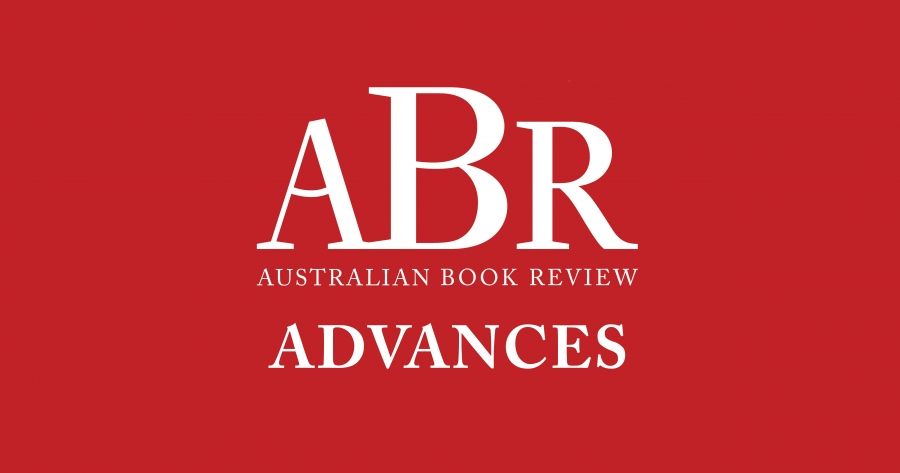
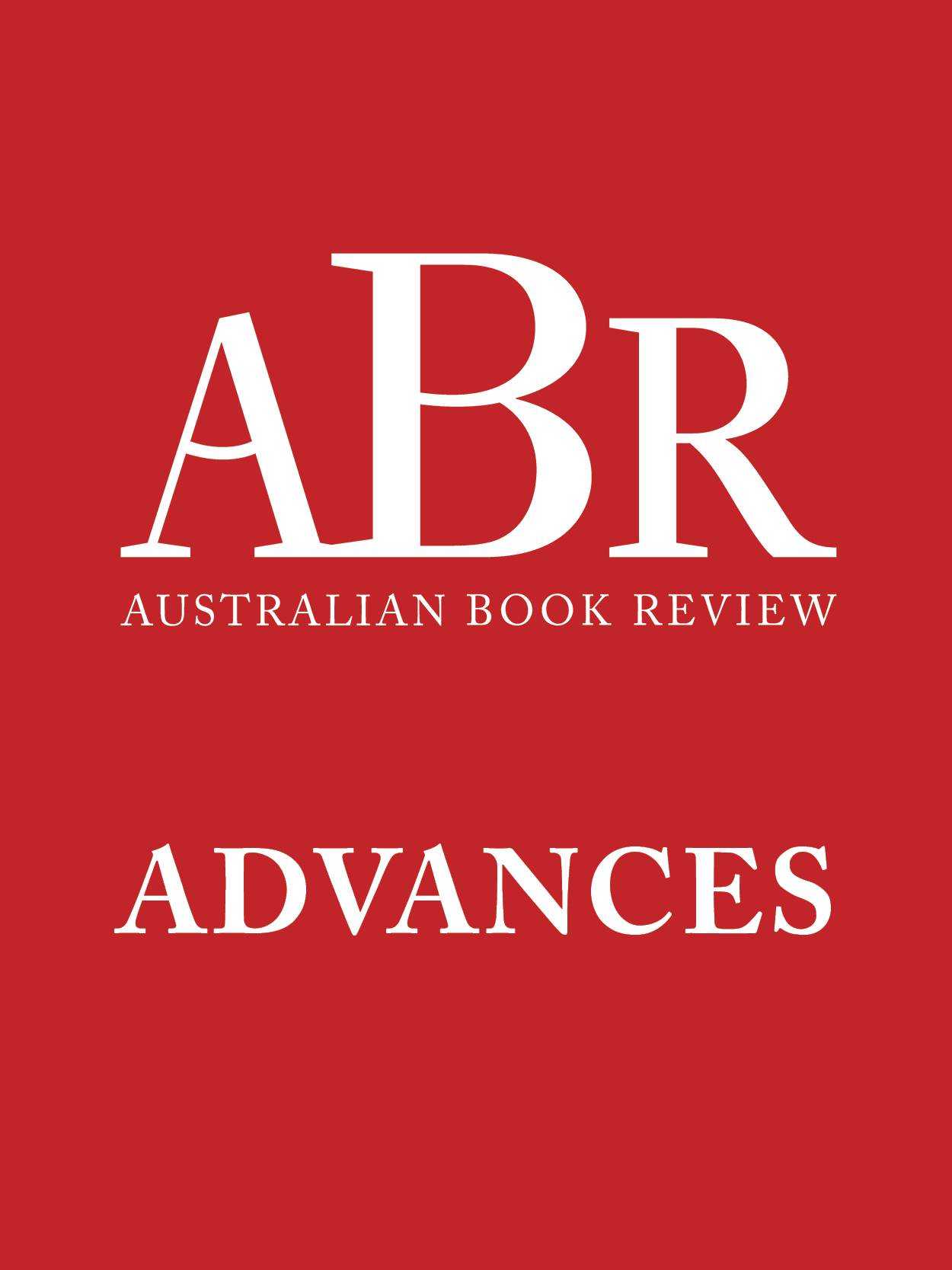
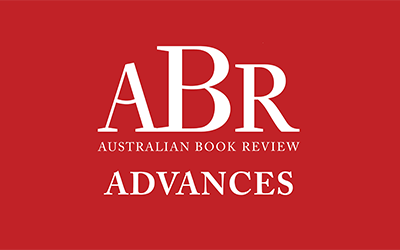
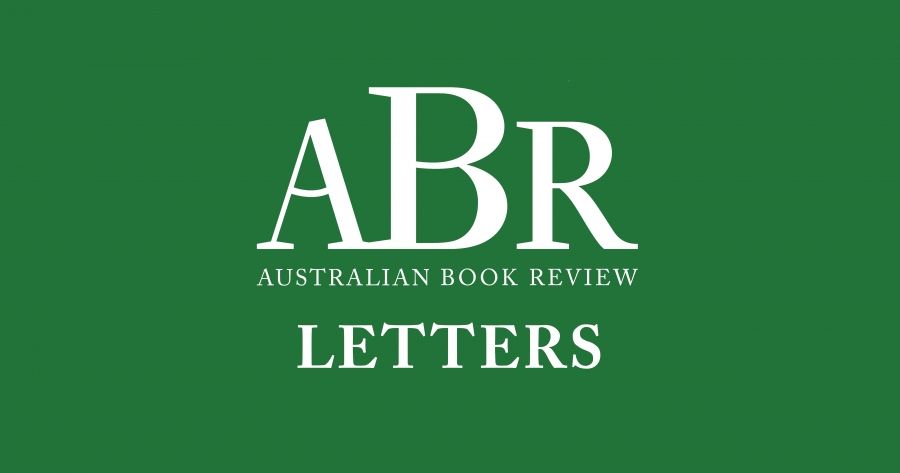
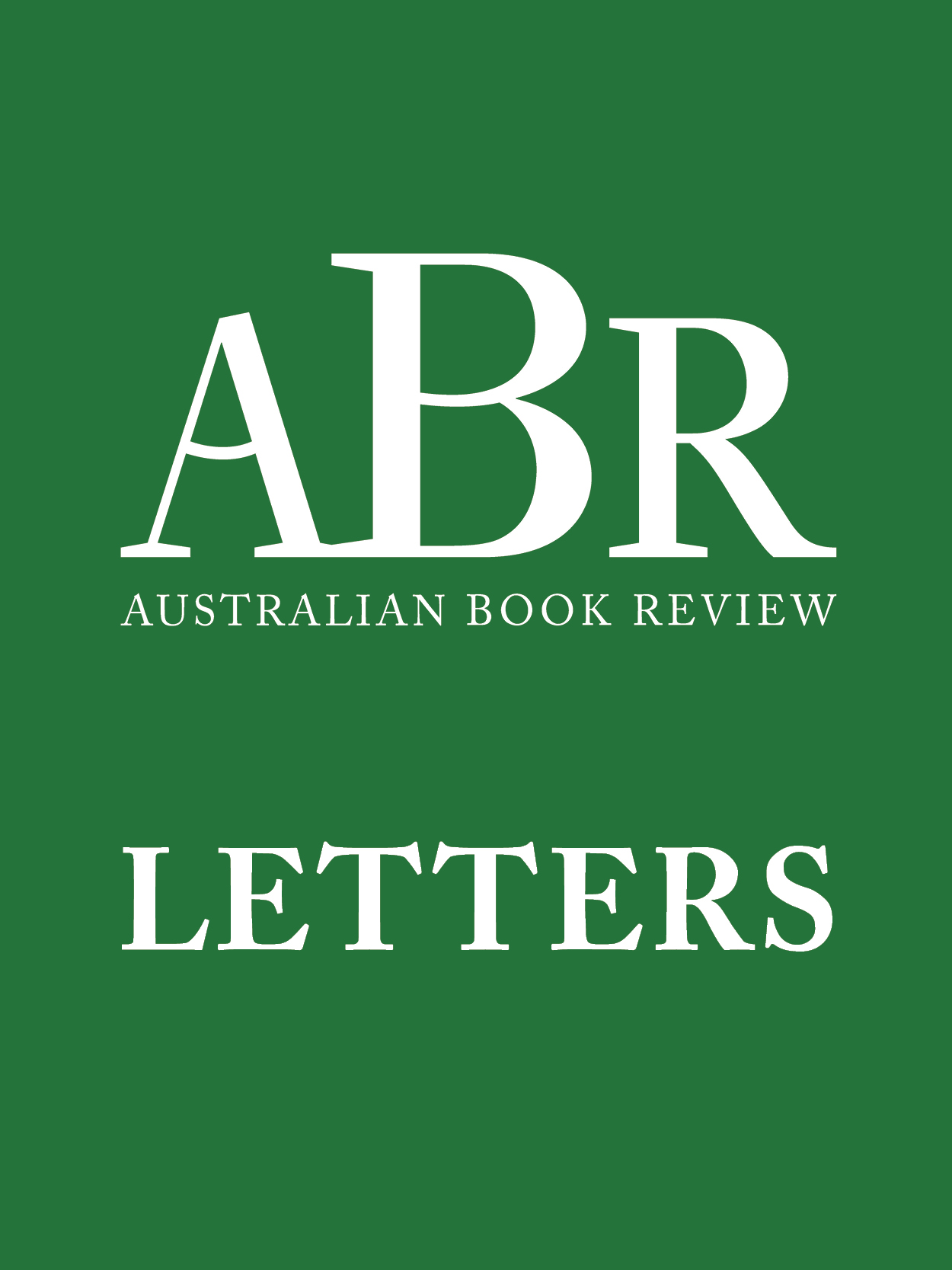
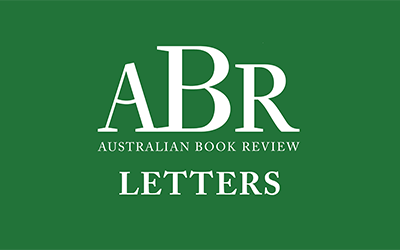

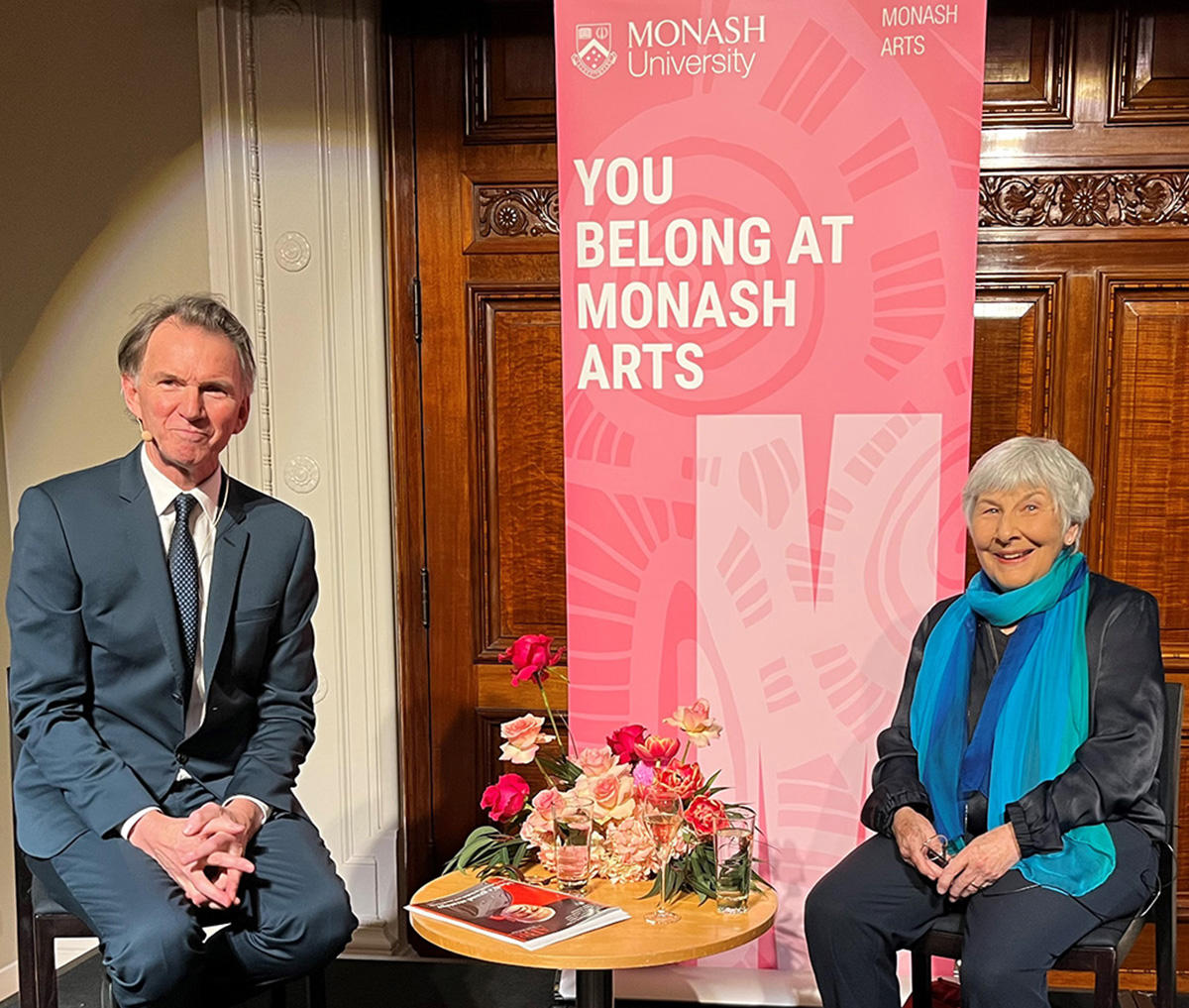
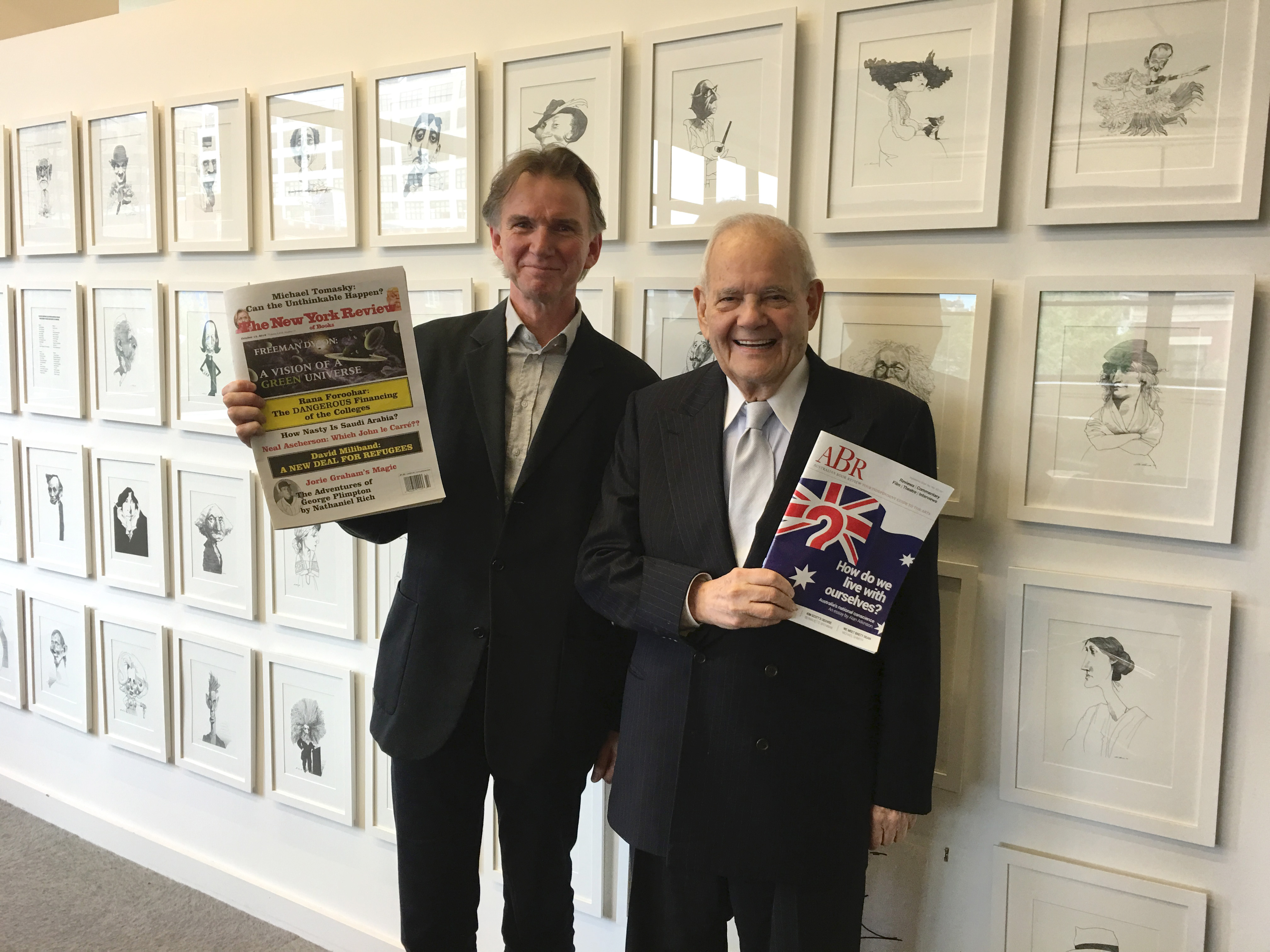
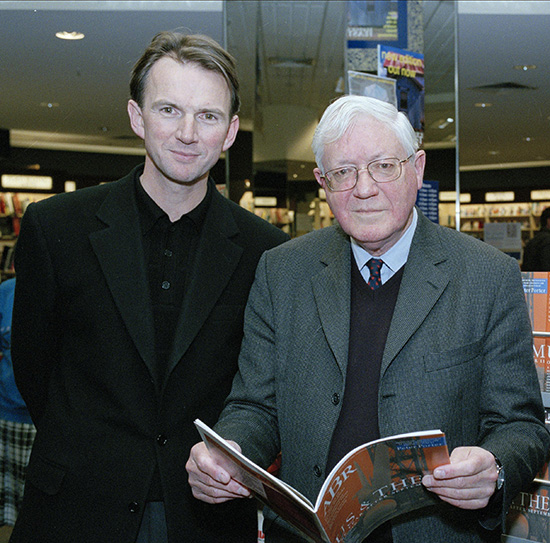
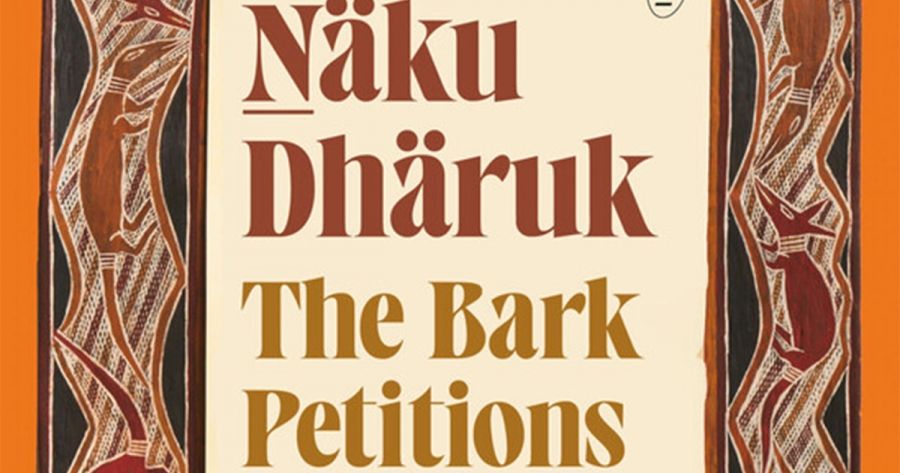
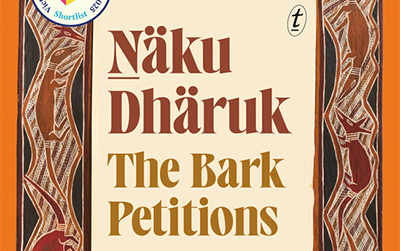
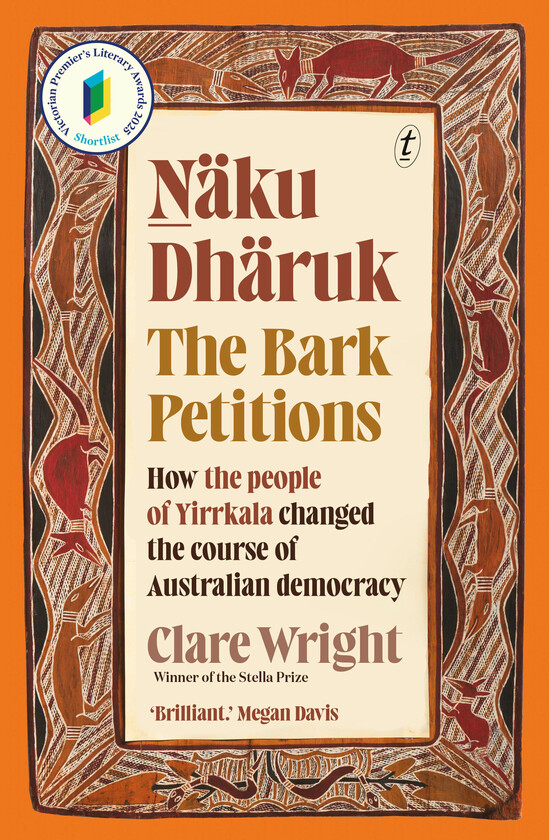
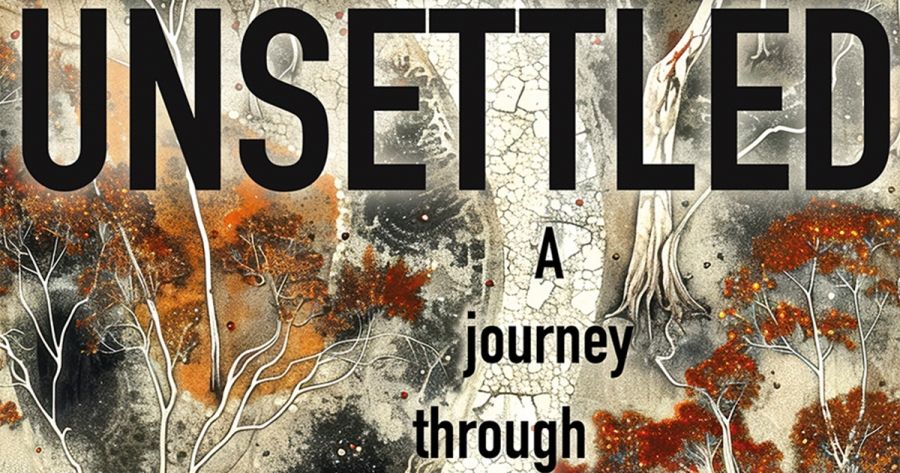
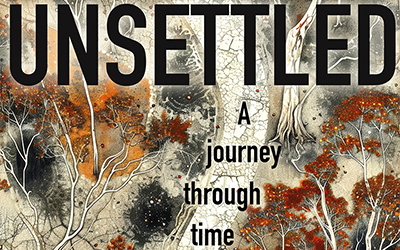
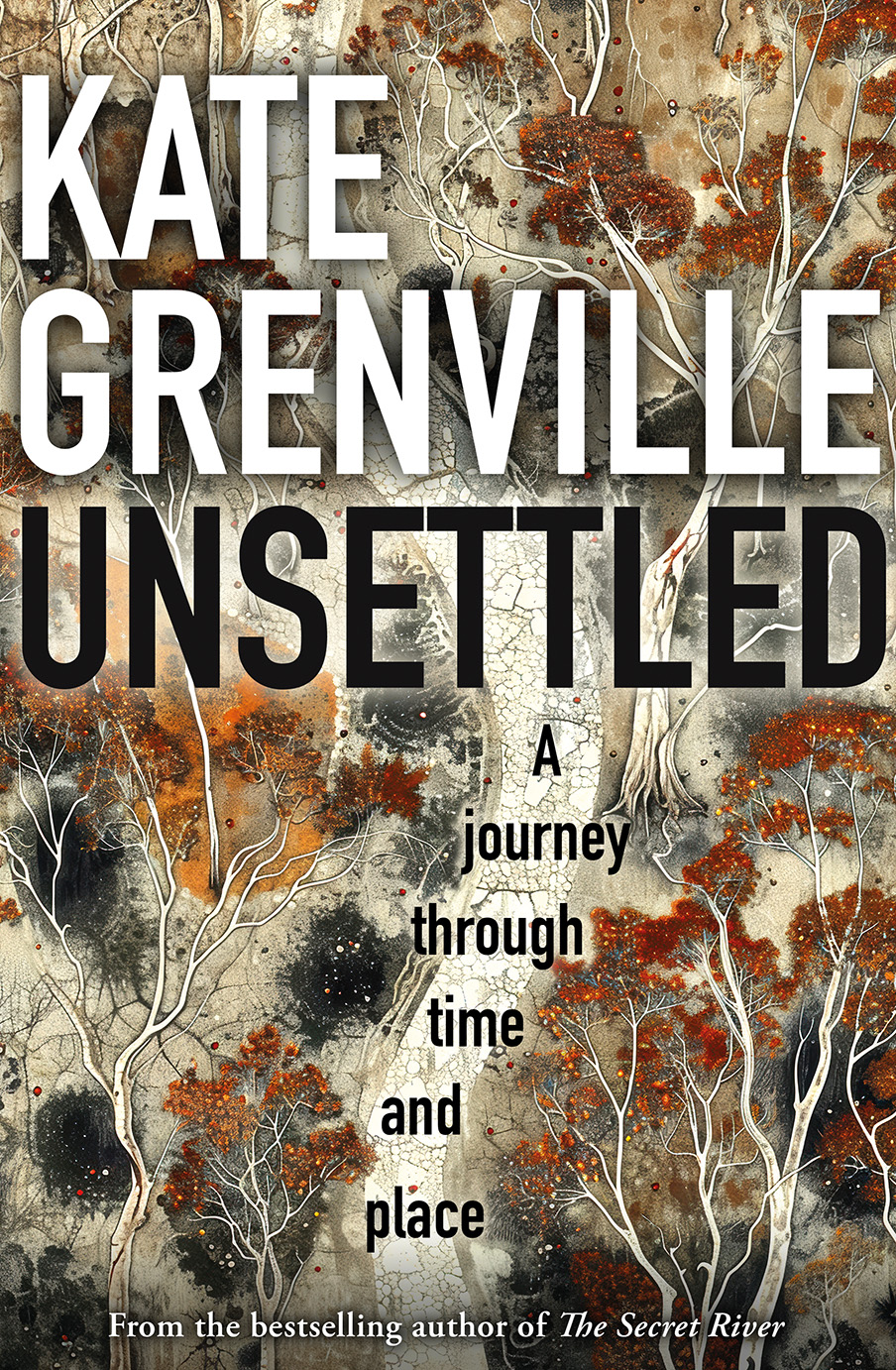

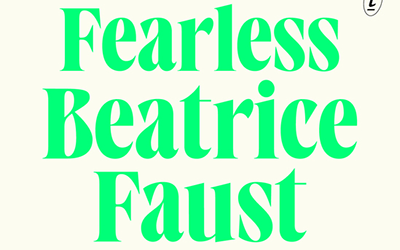
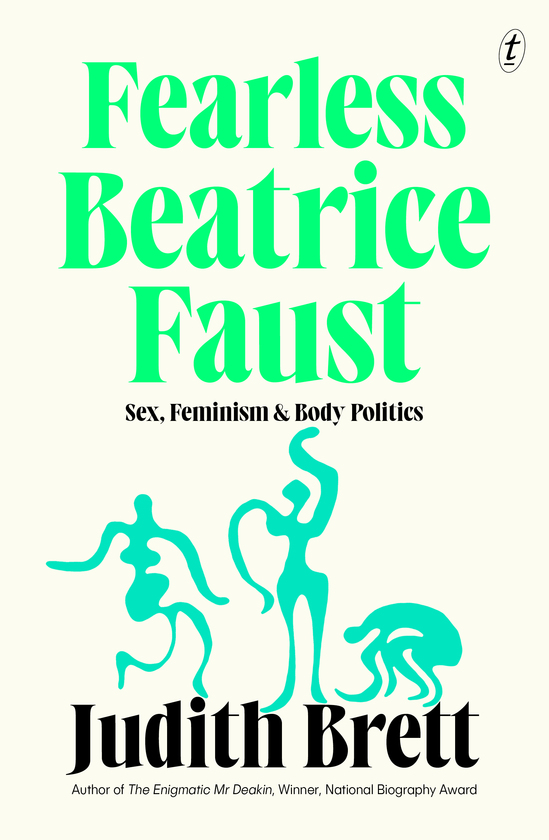

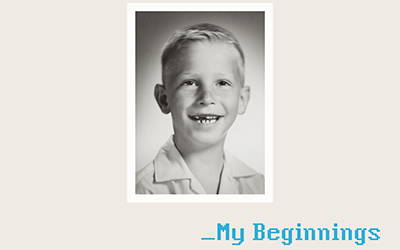
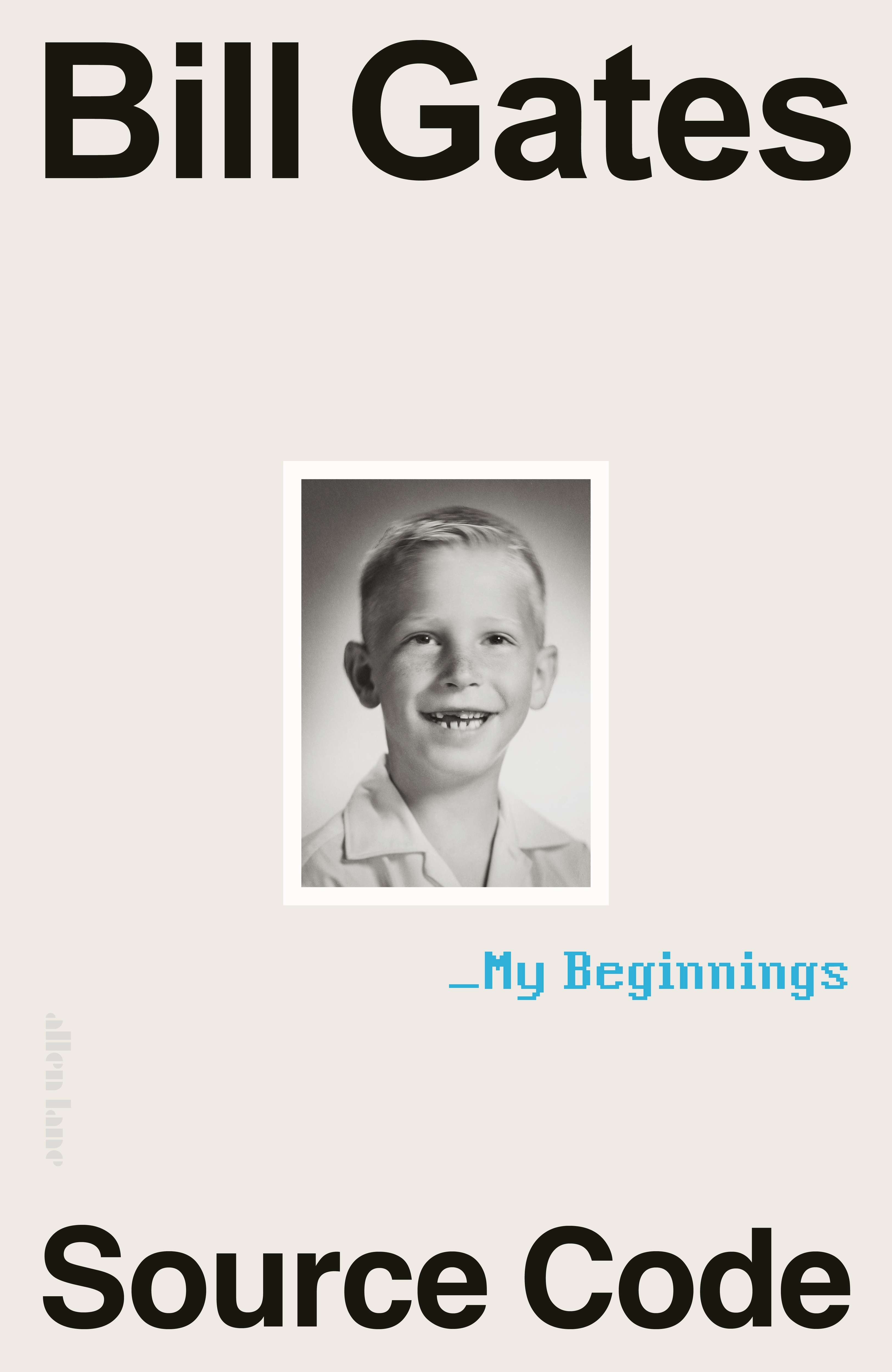
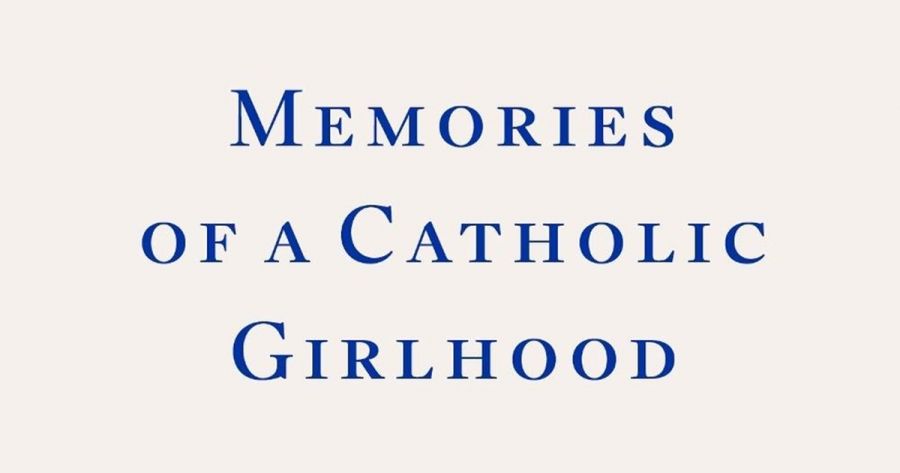
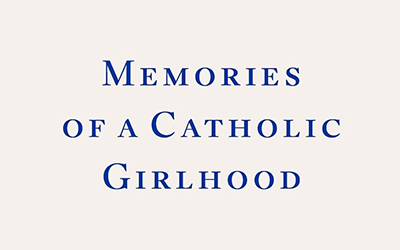
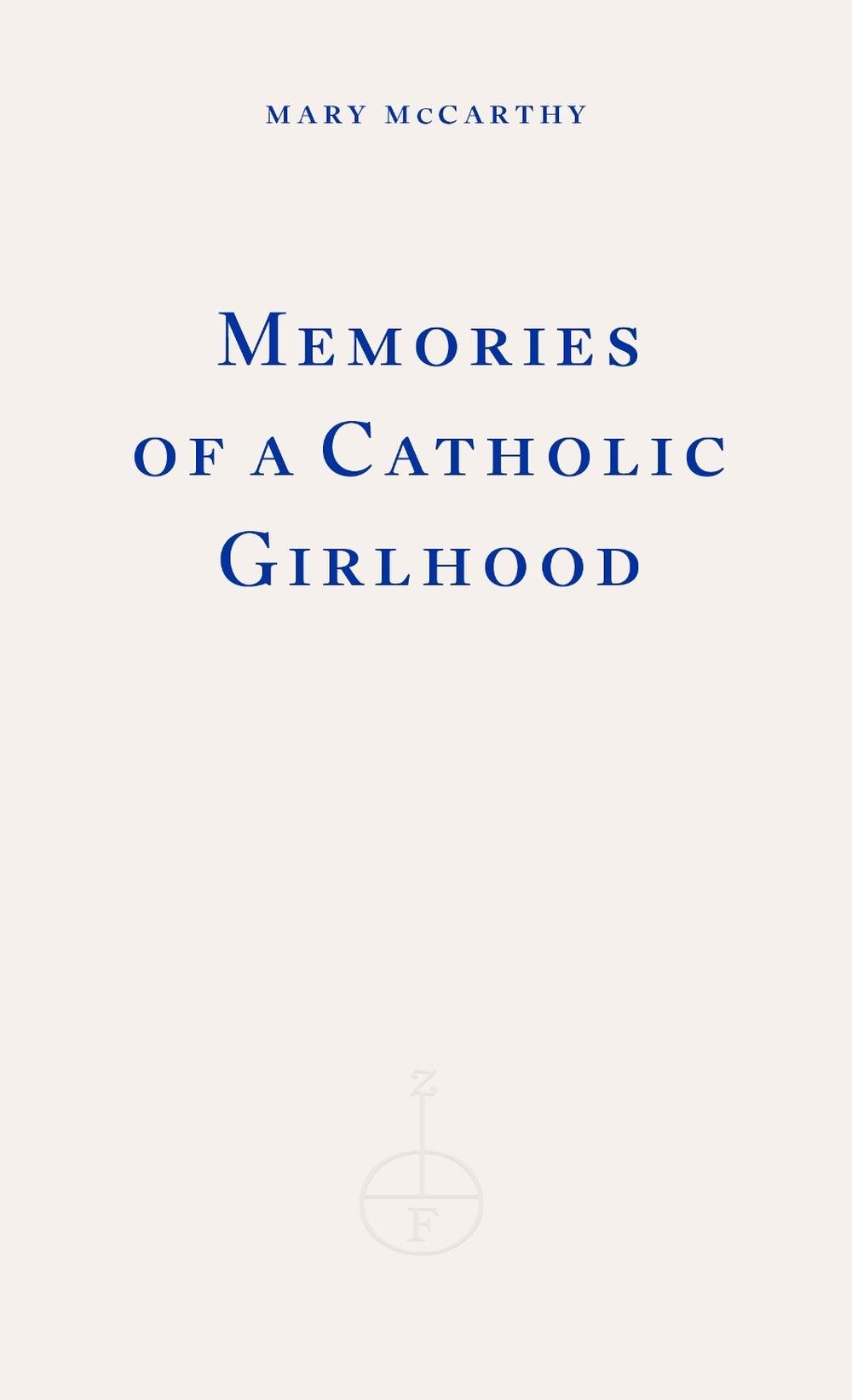
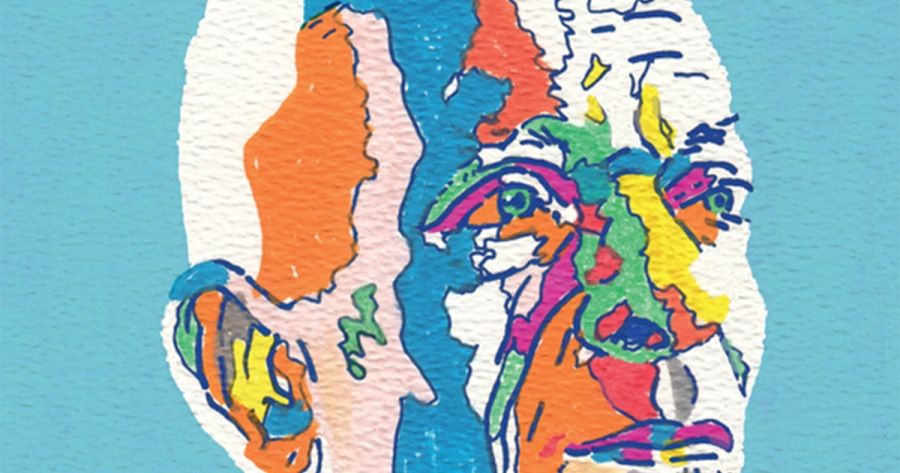
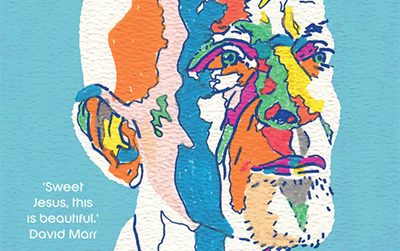
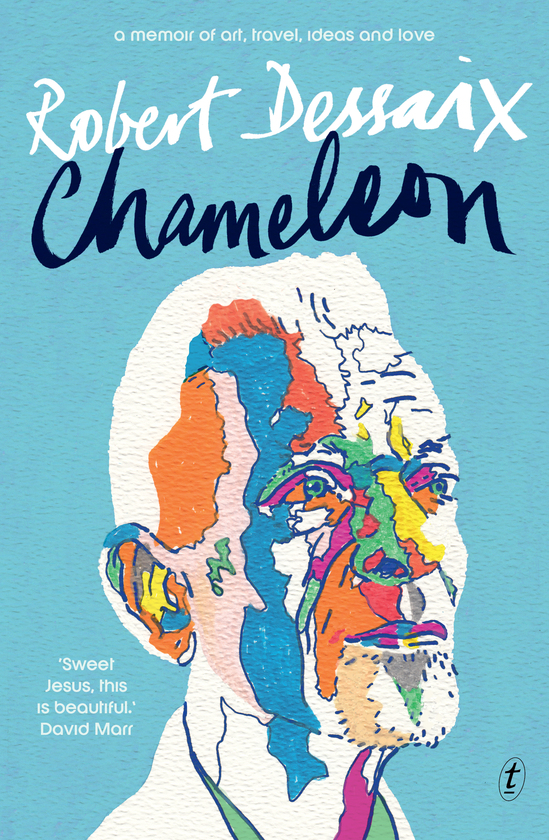
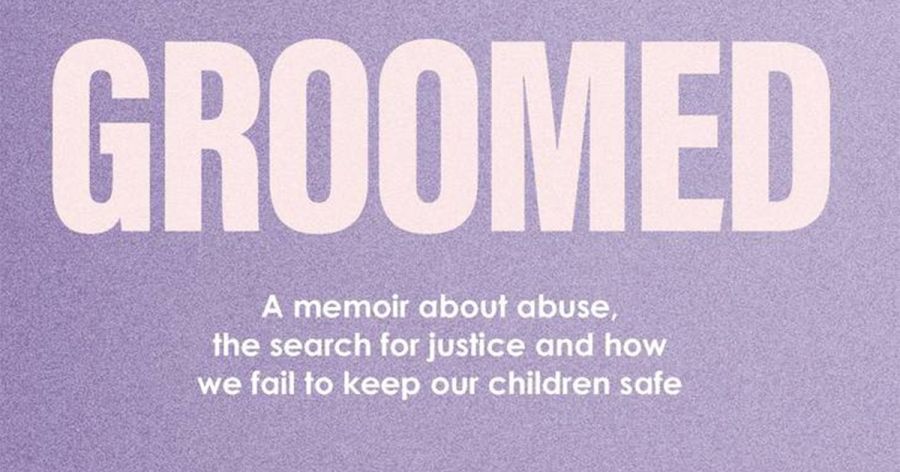
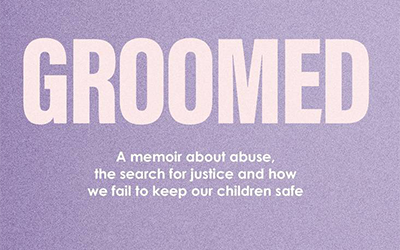
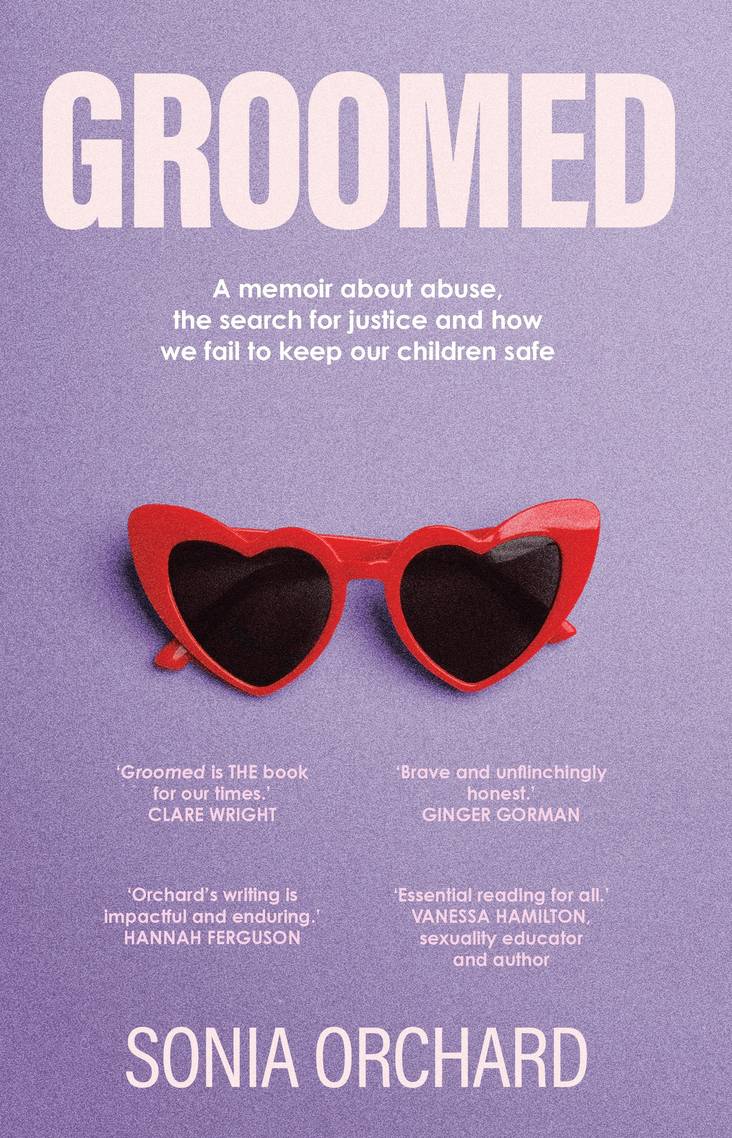

%20RAI.png)
%20FEAT.png)

